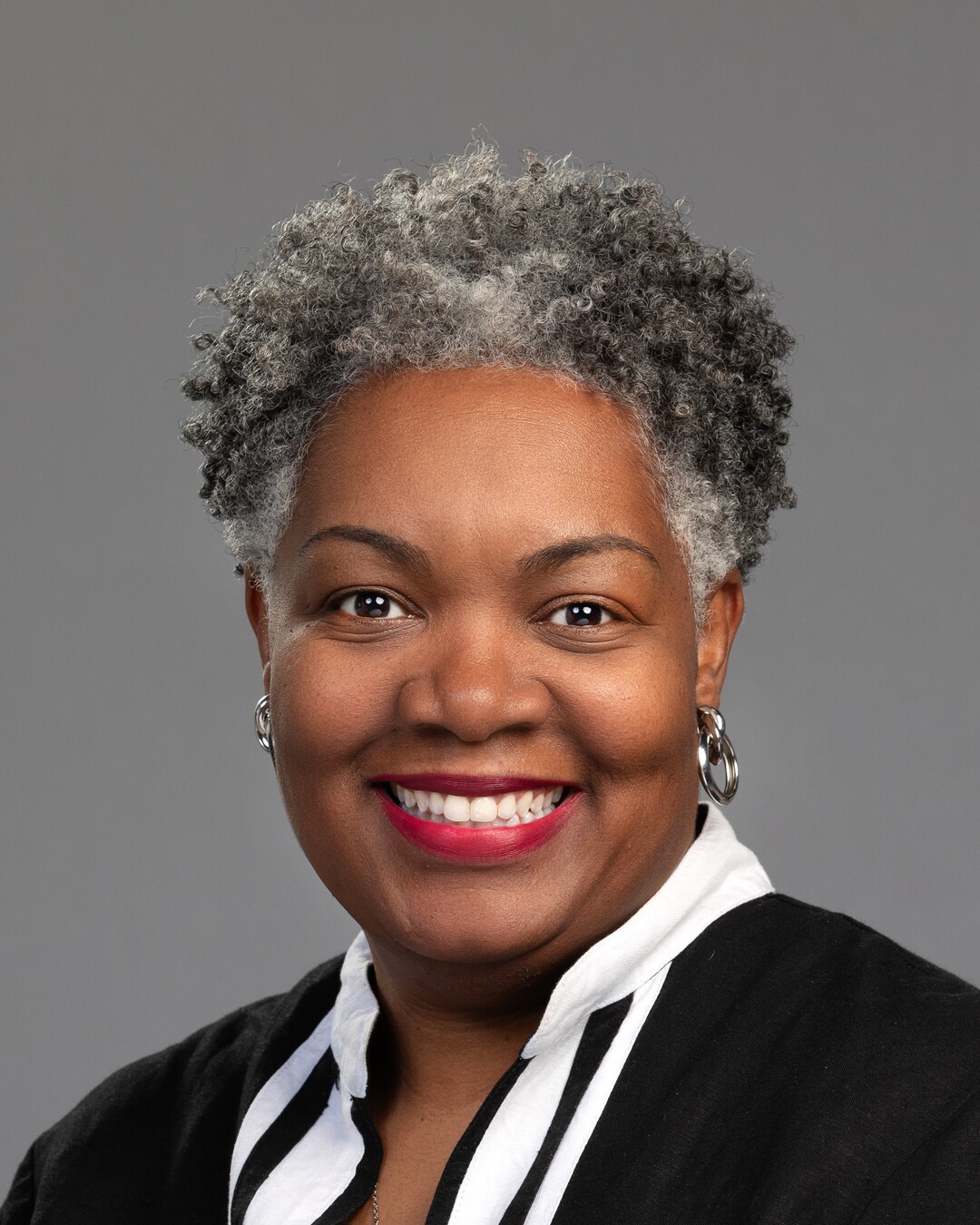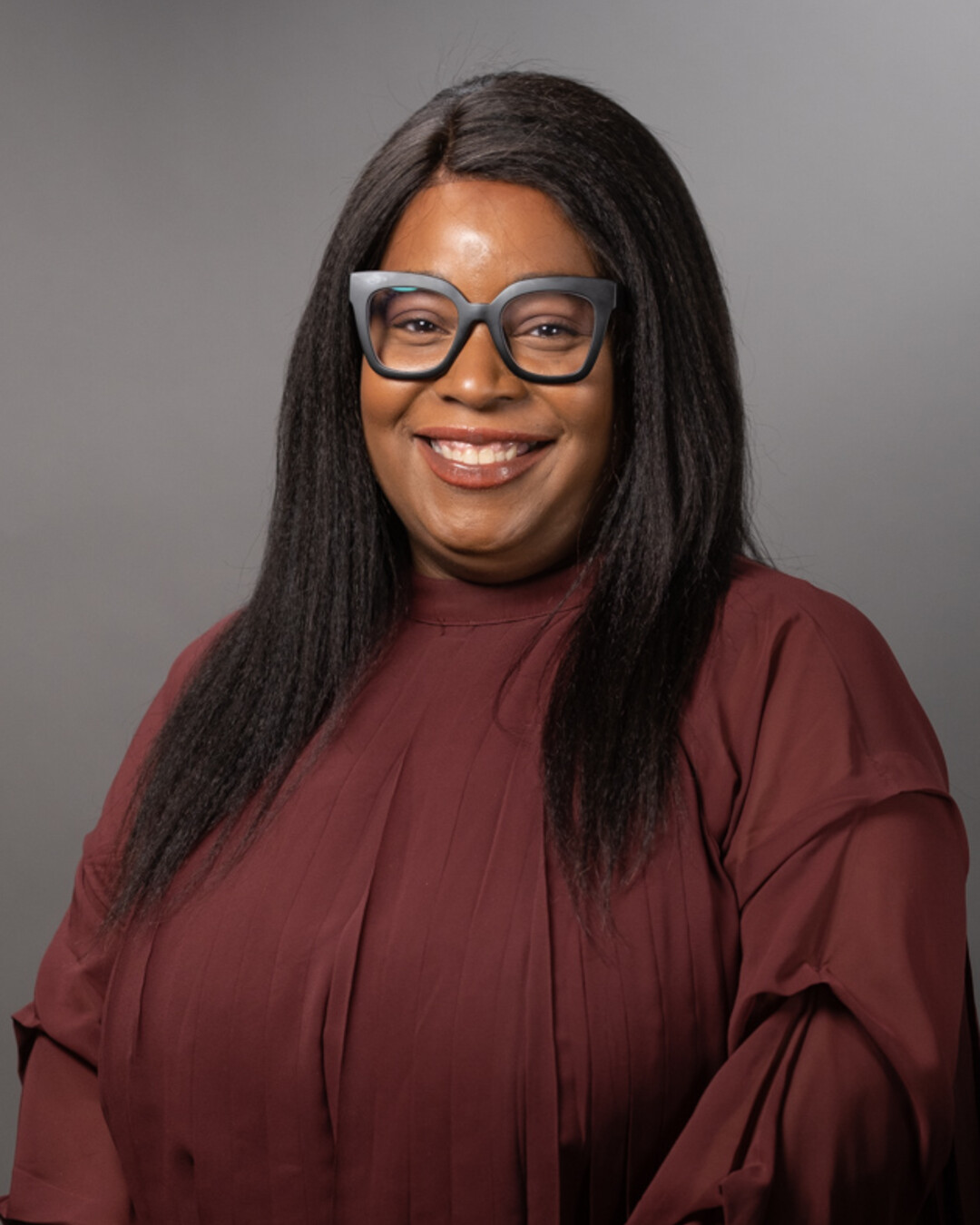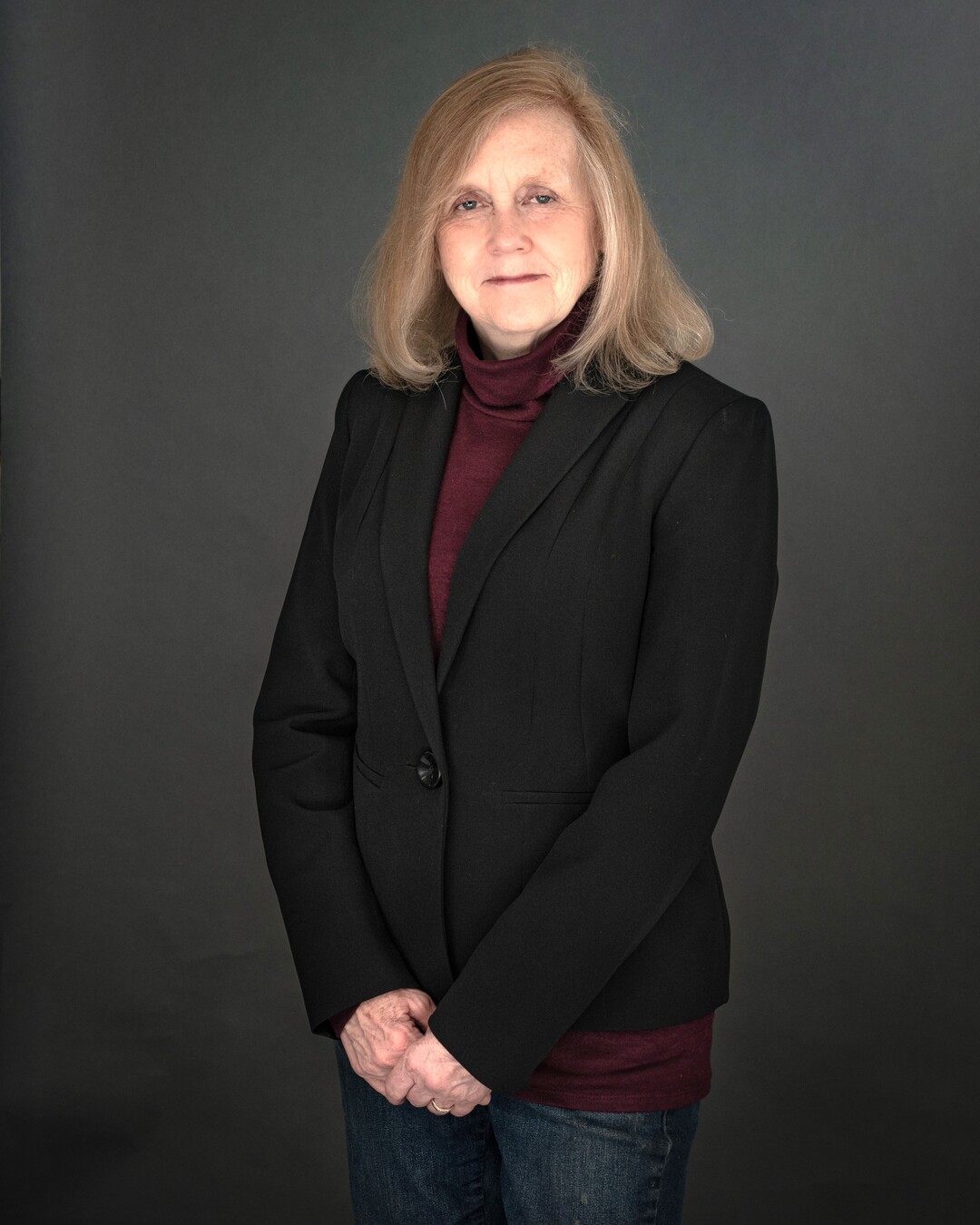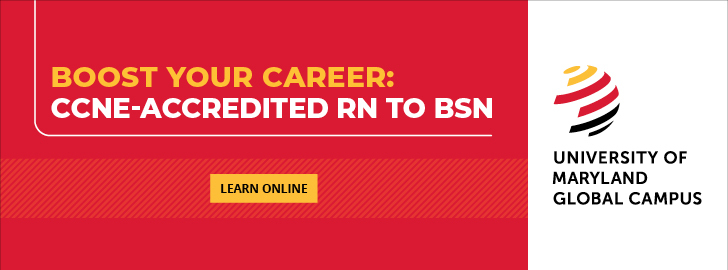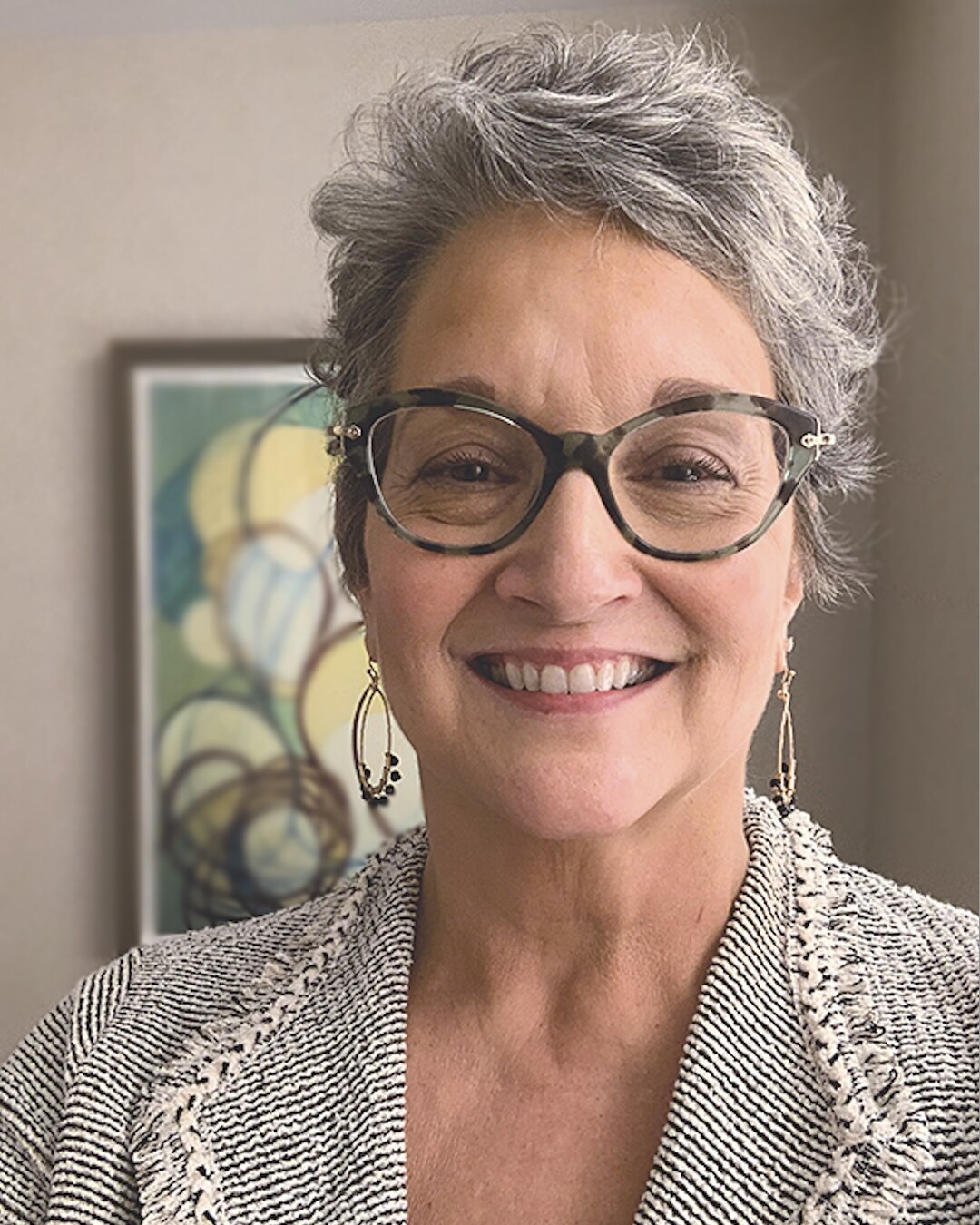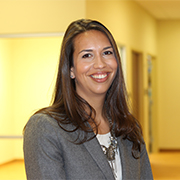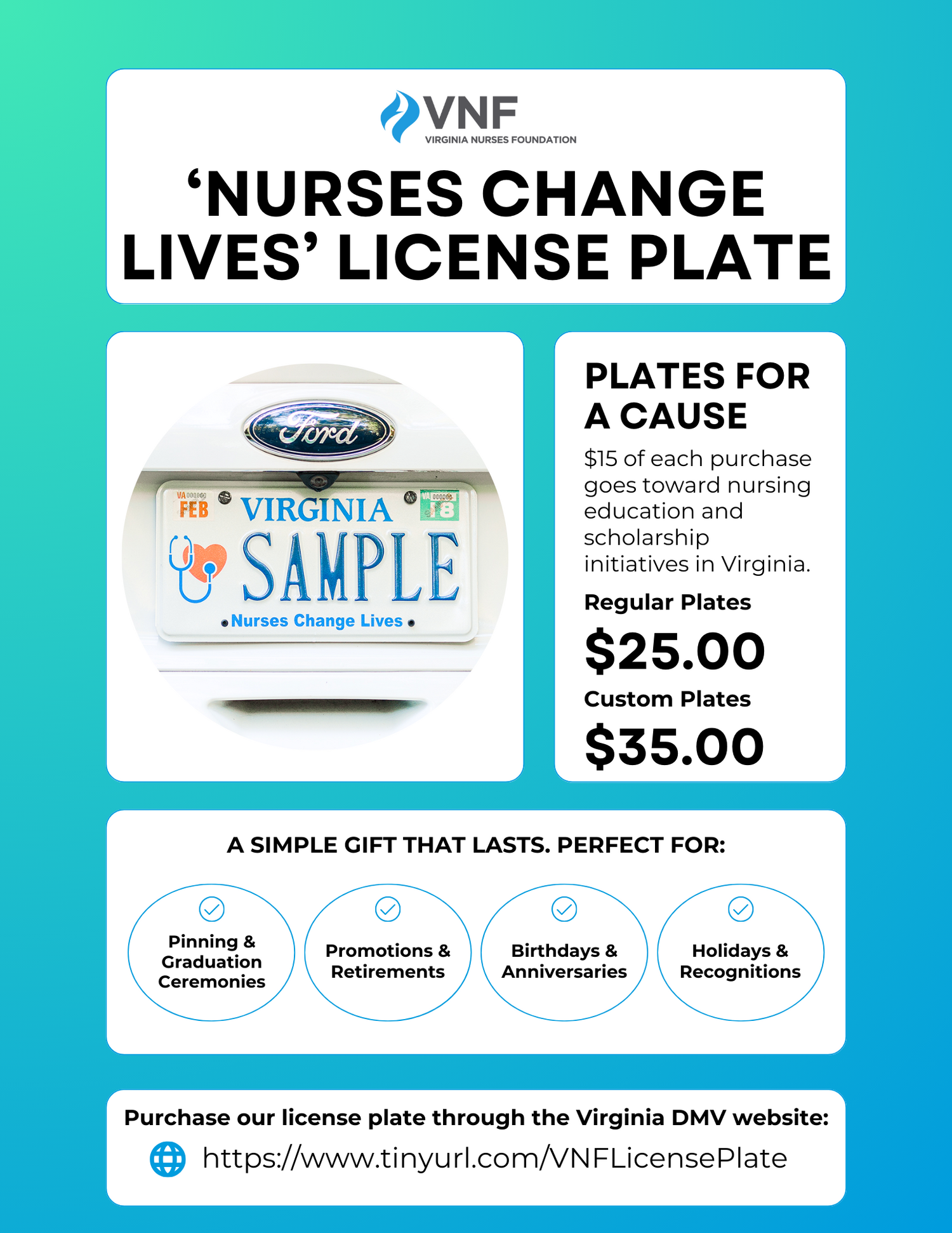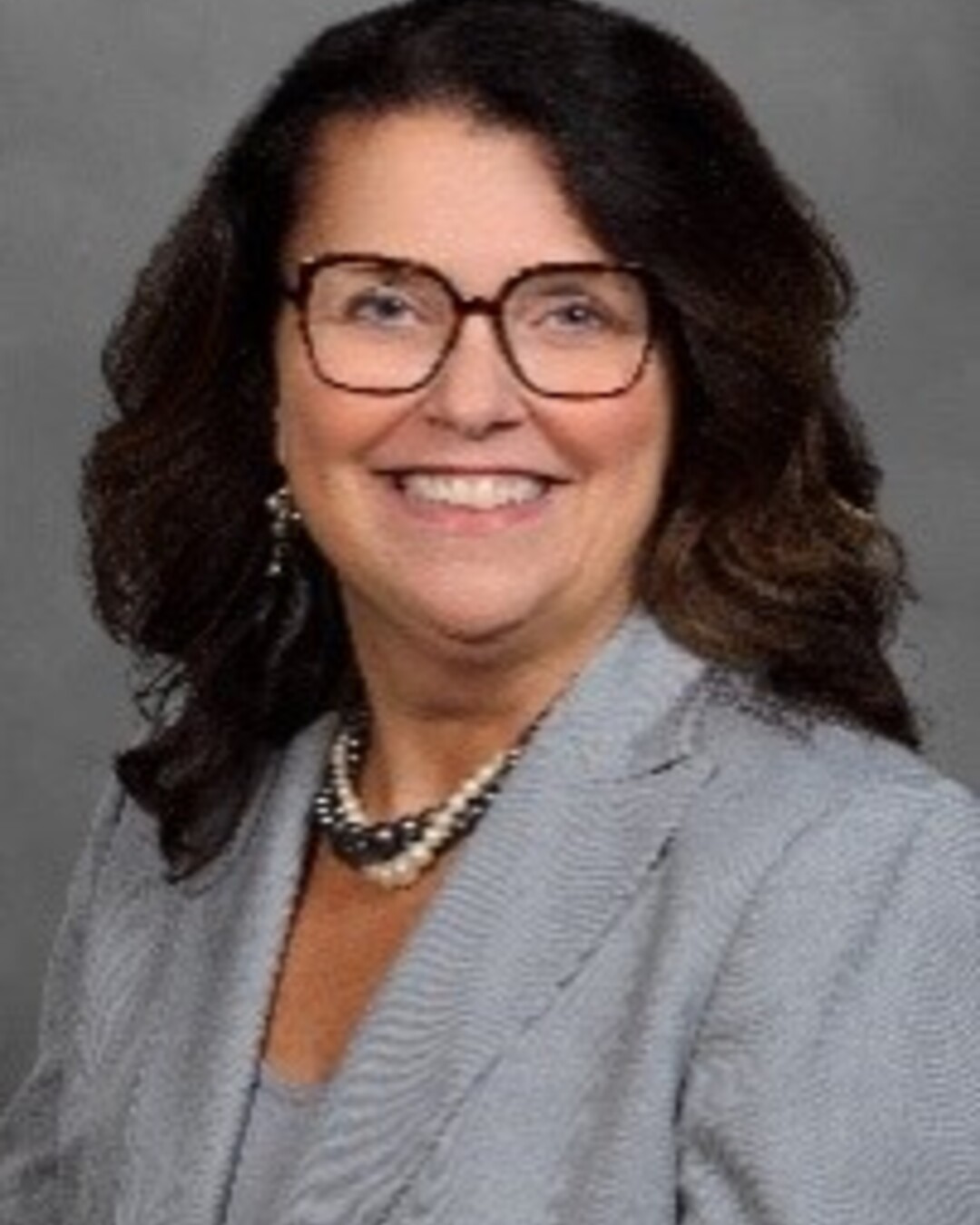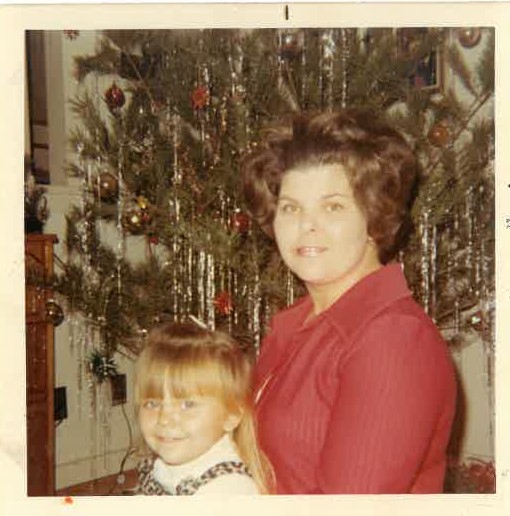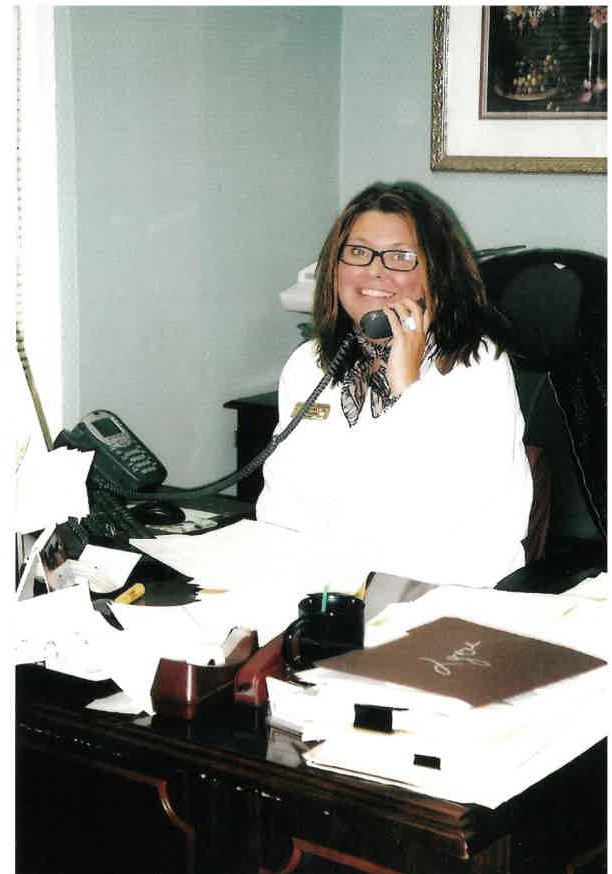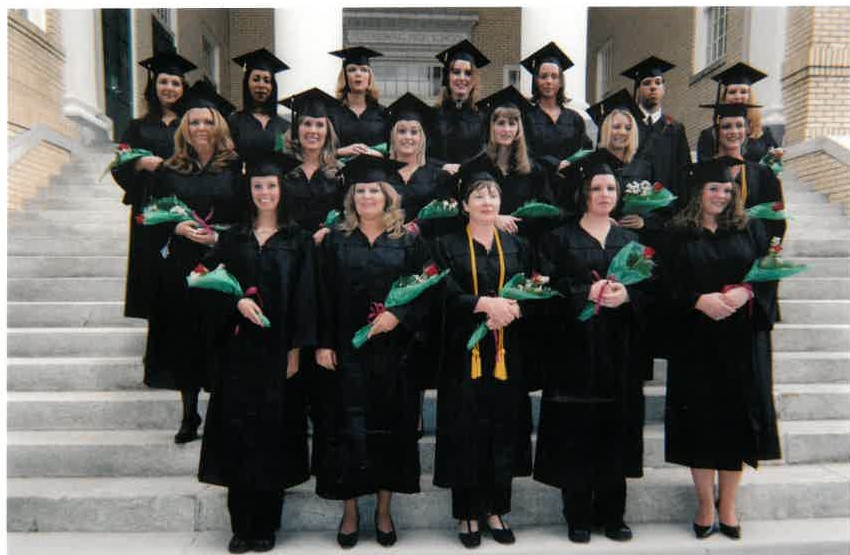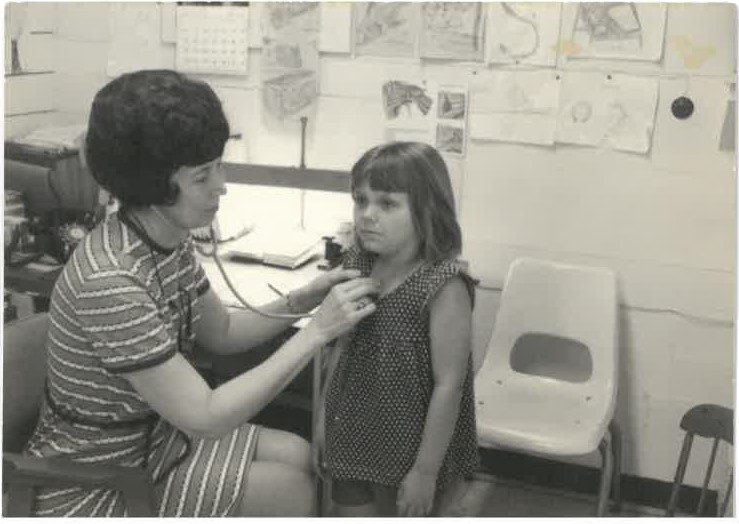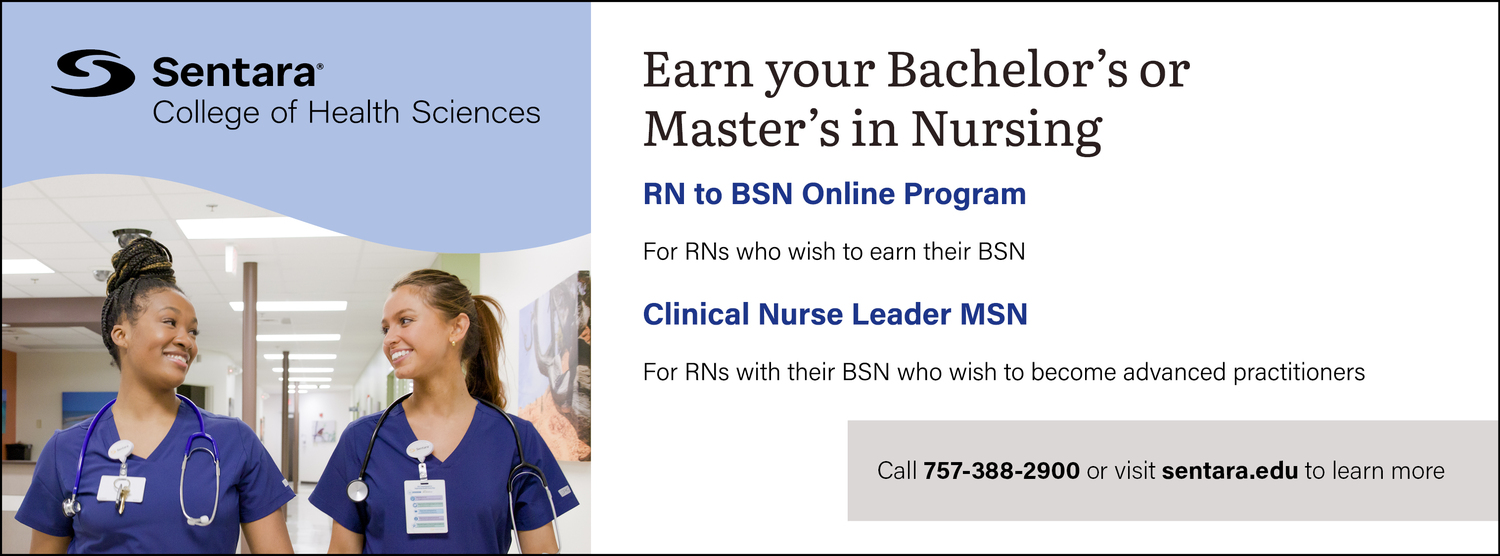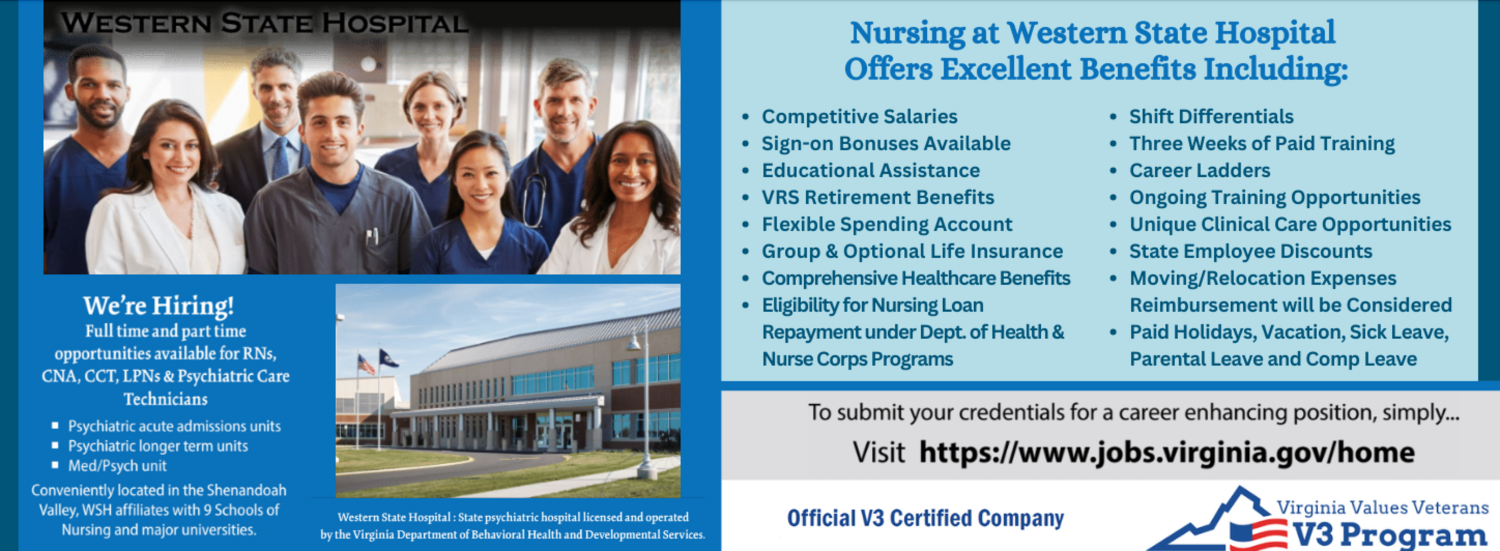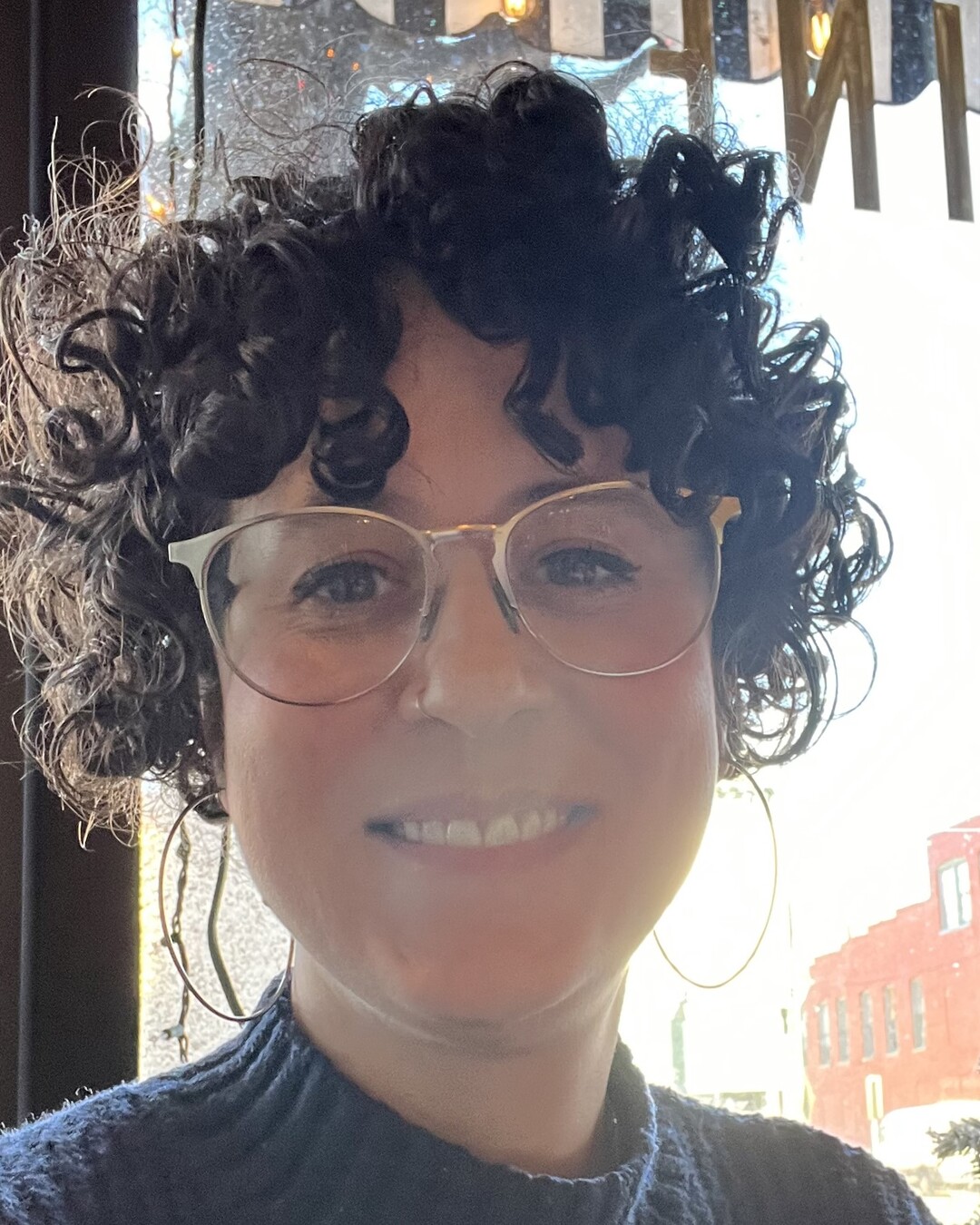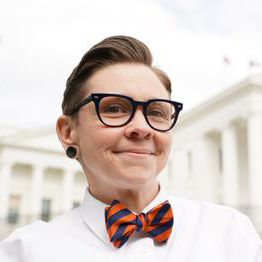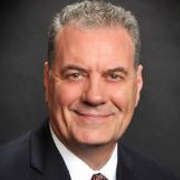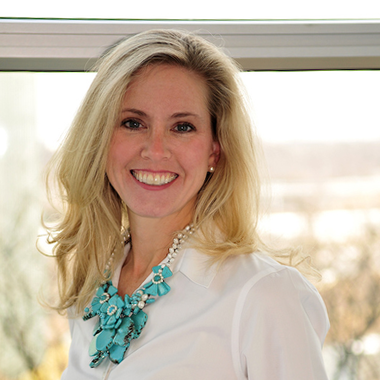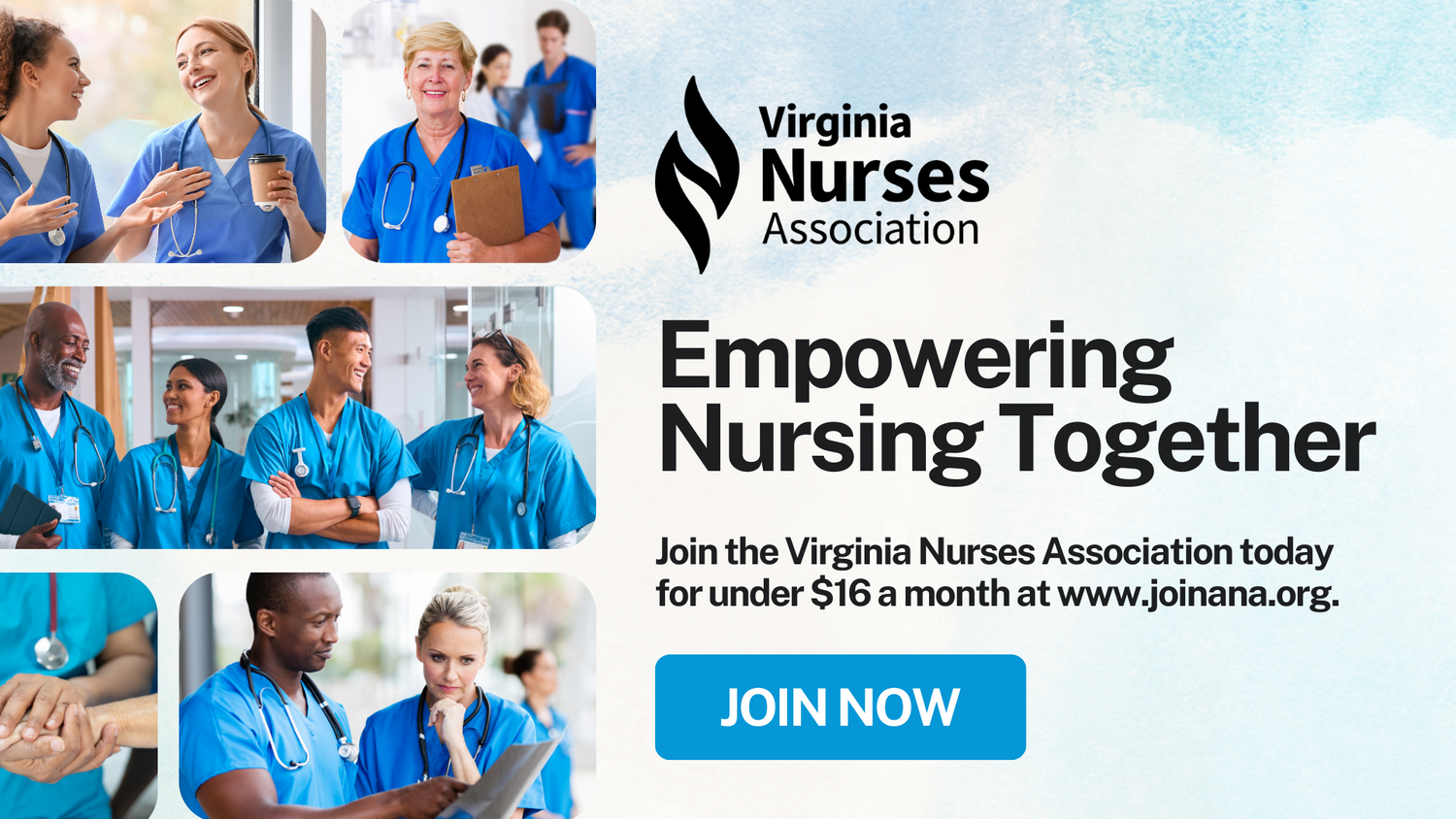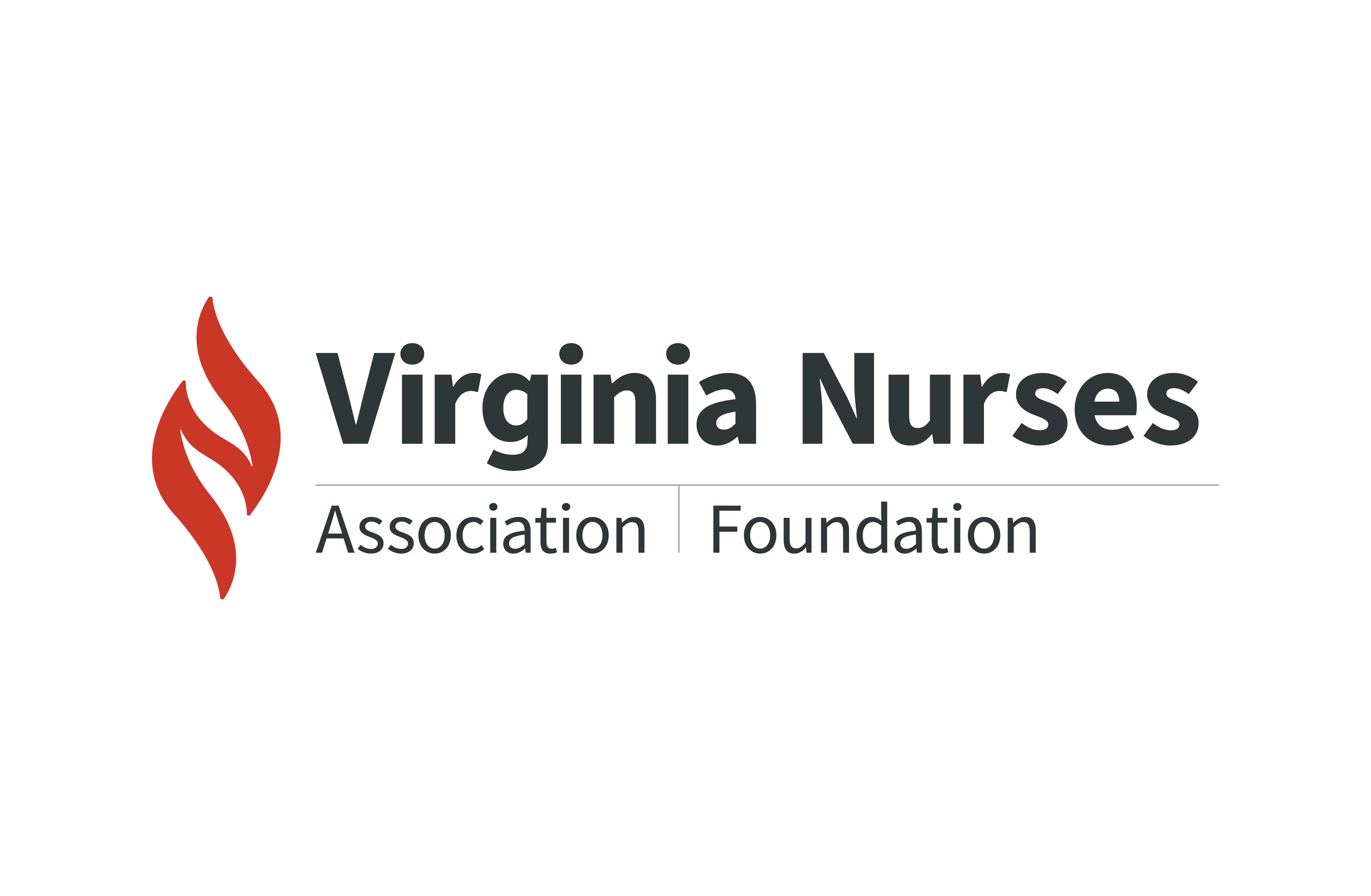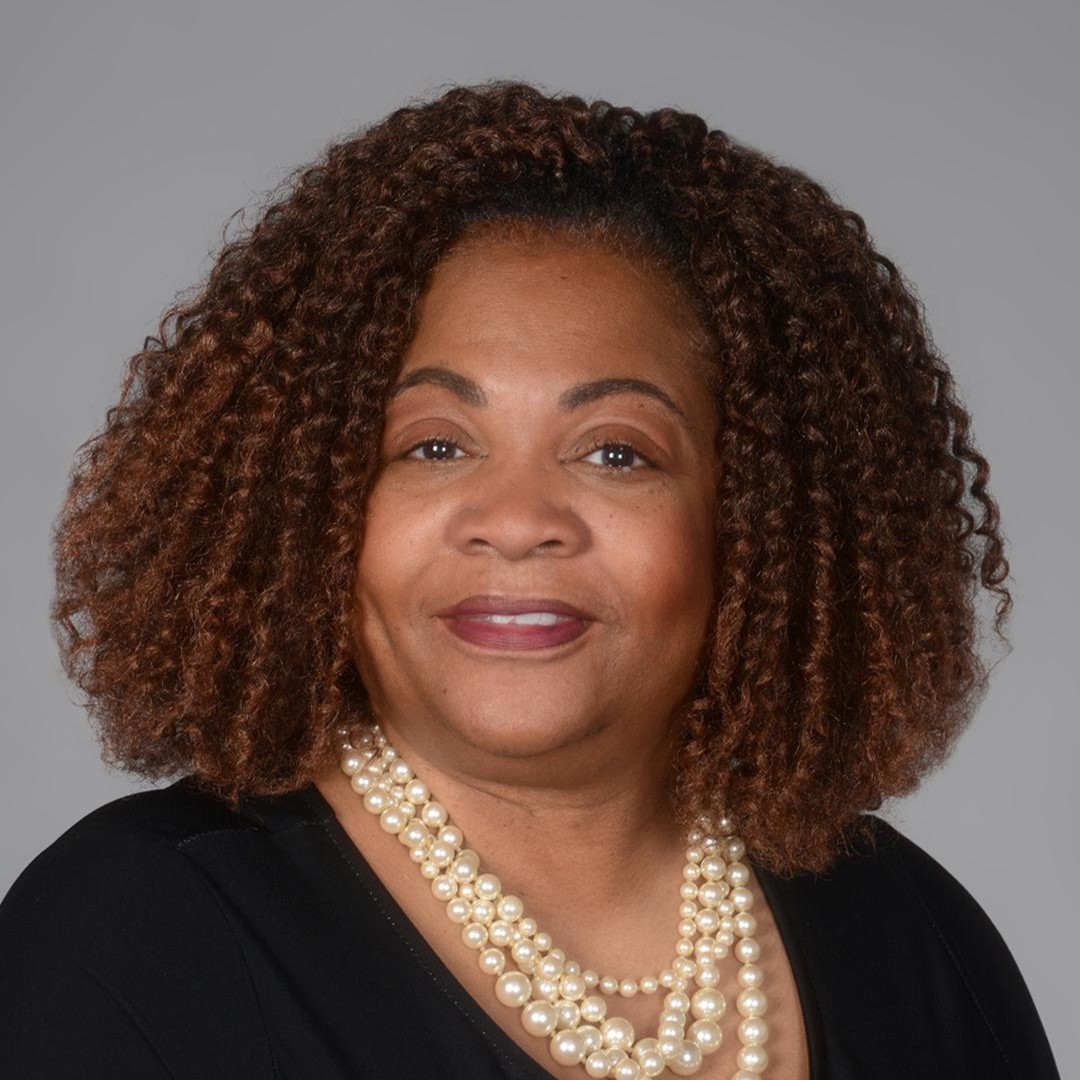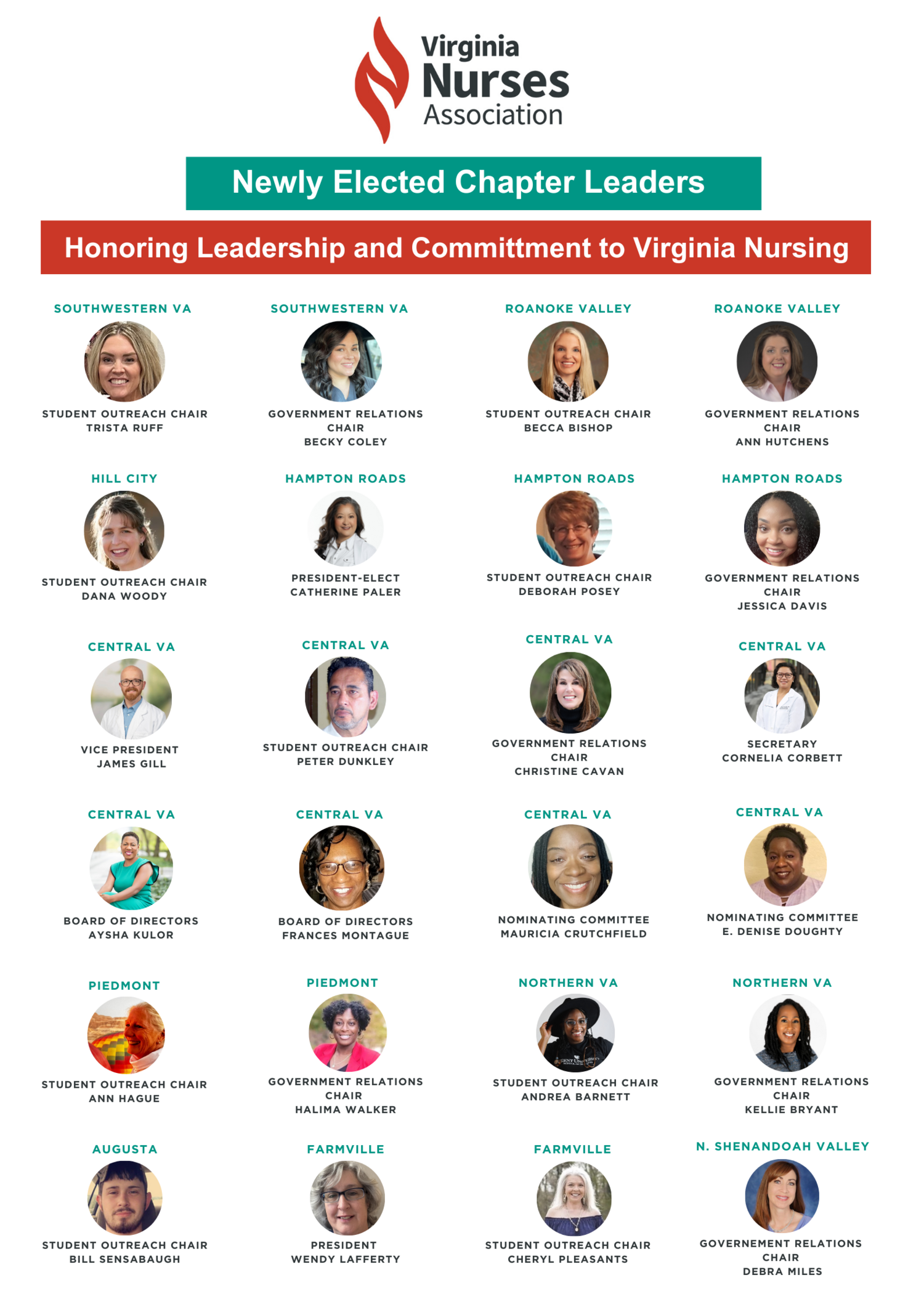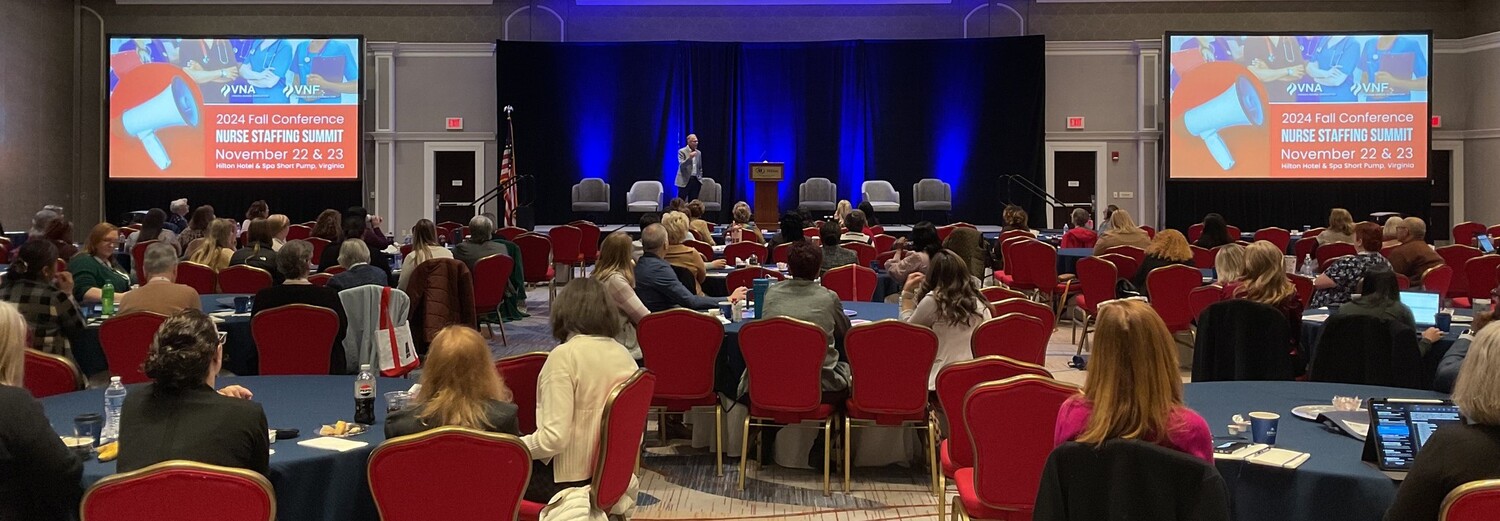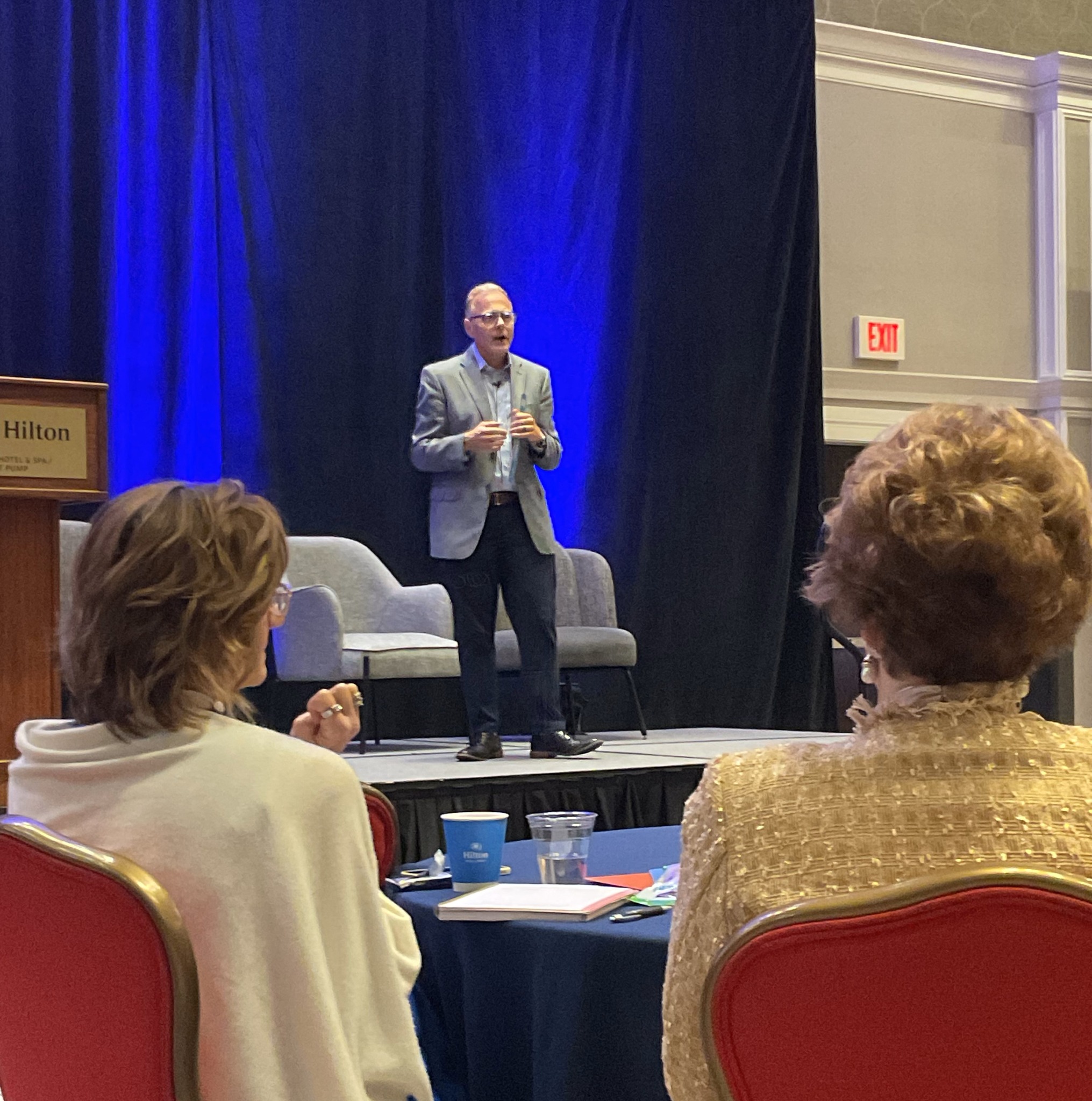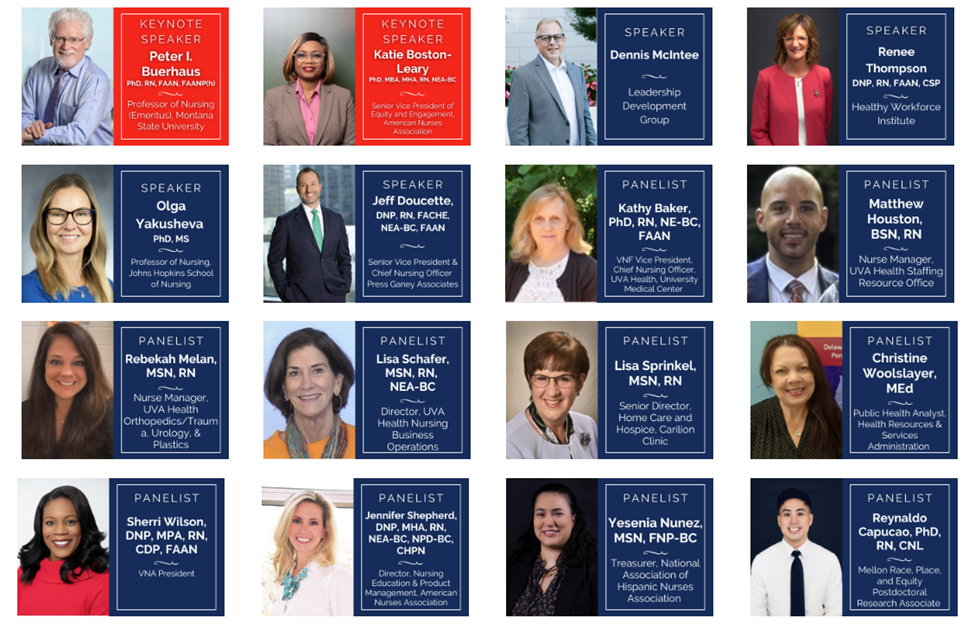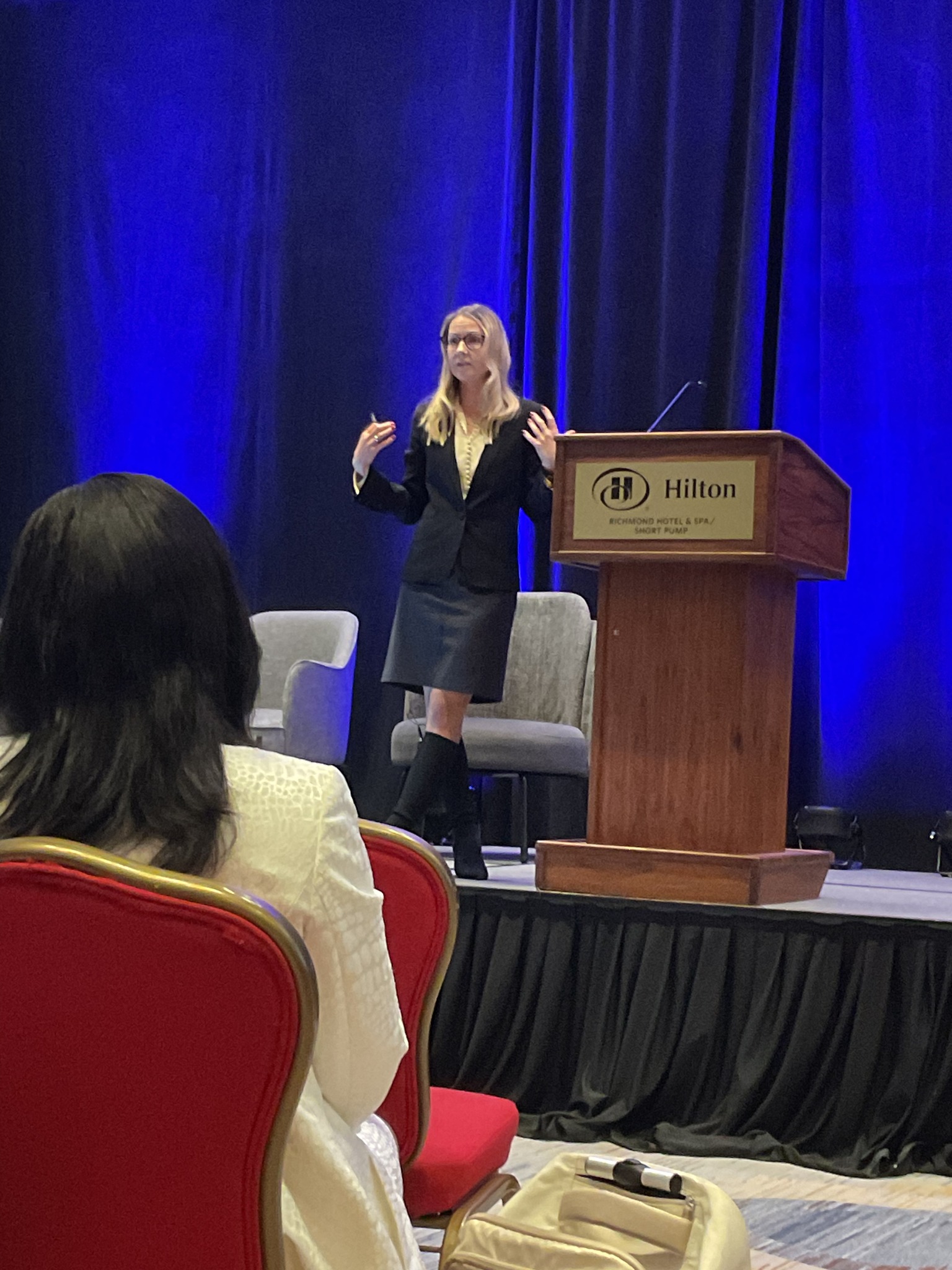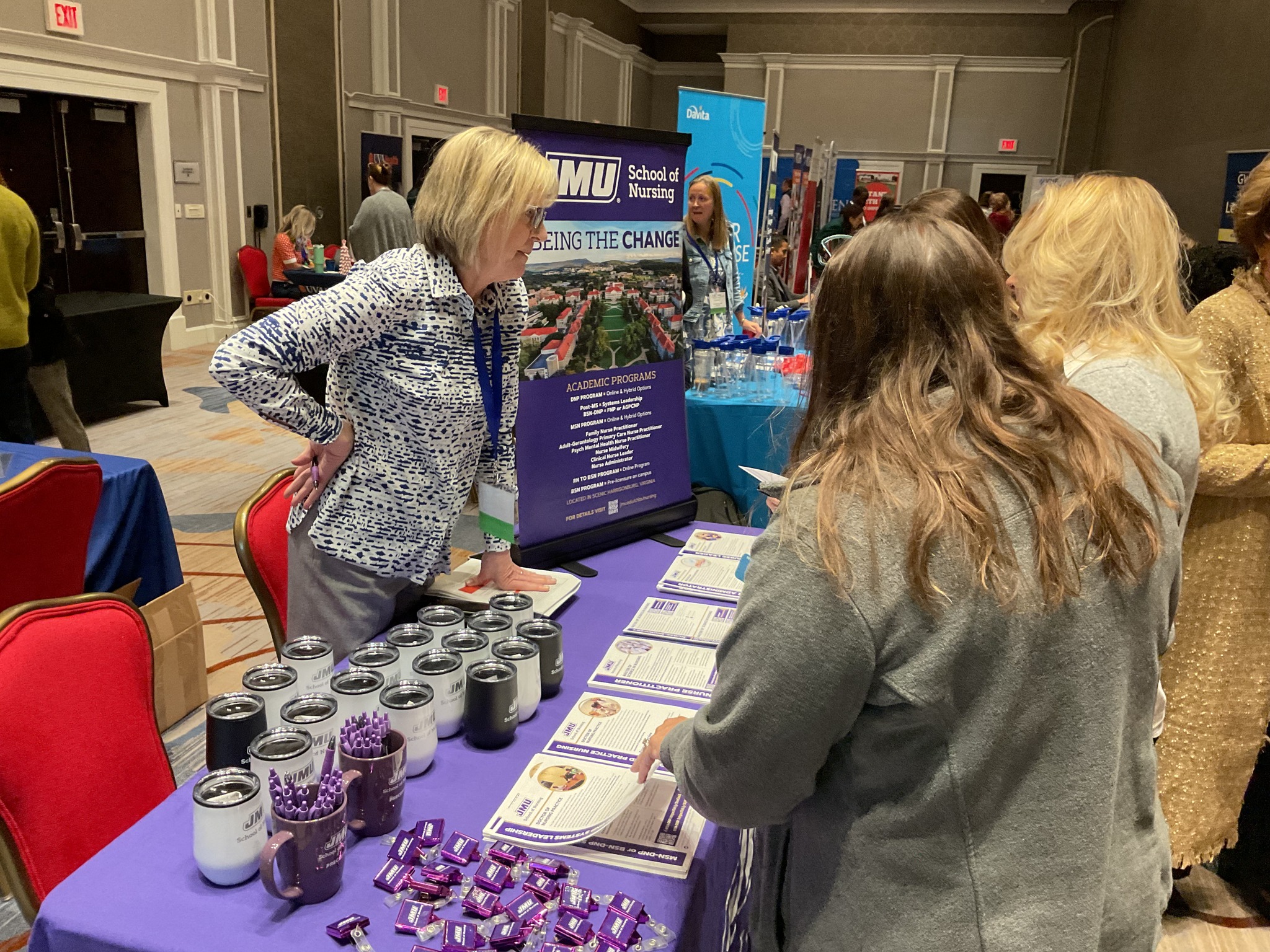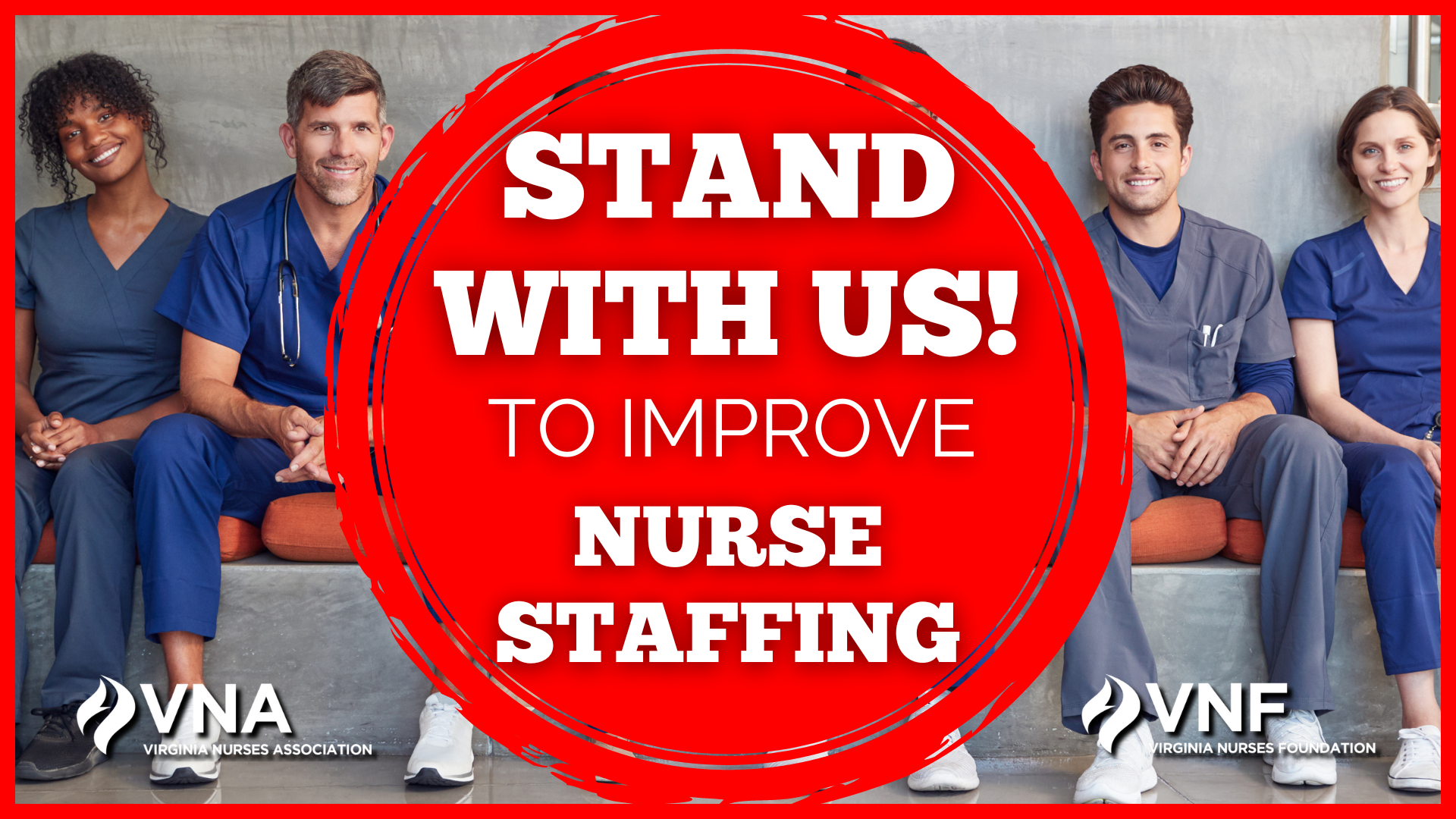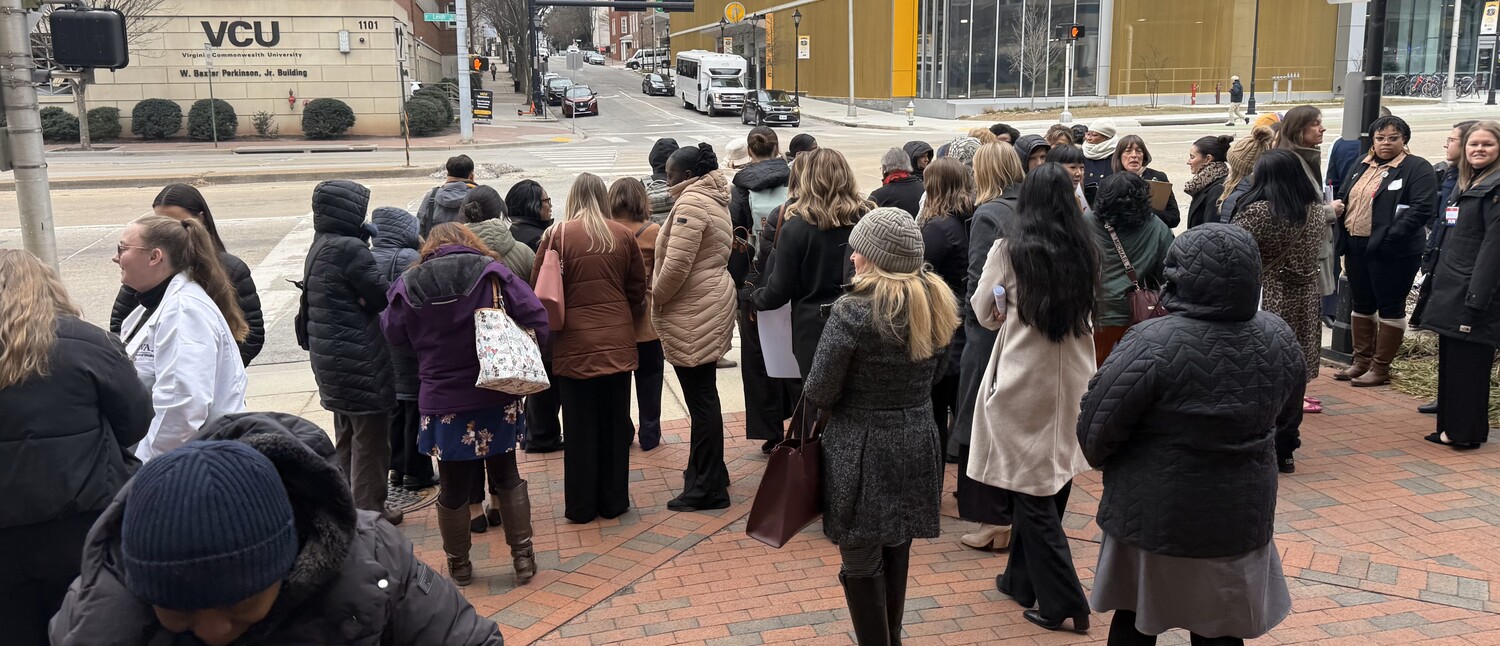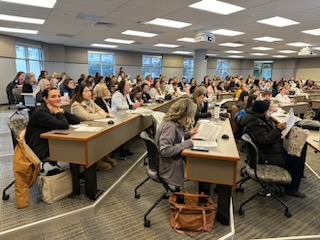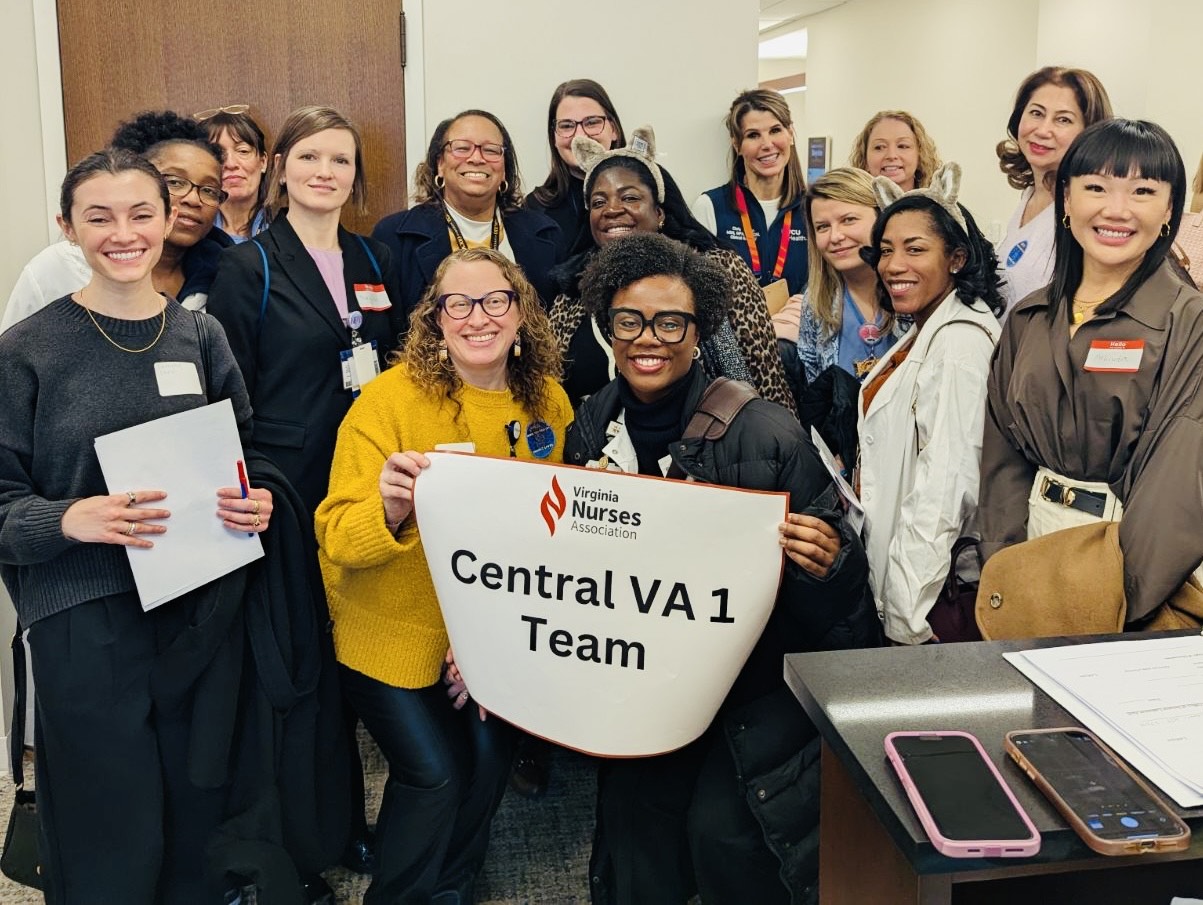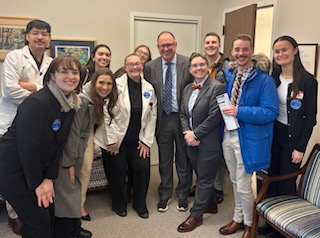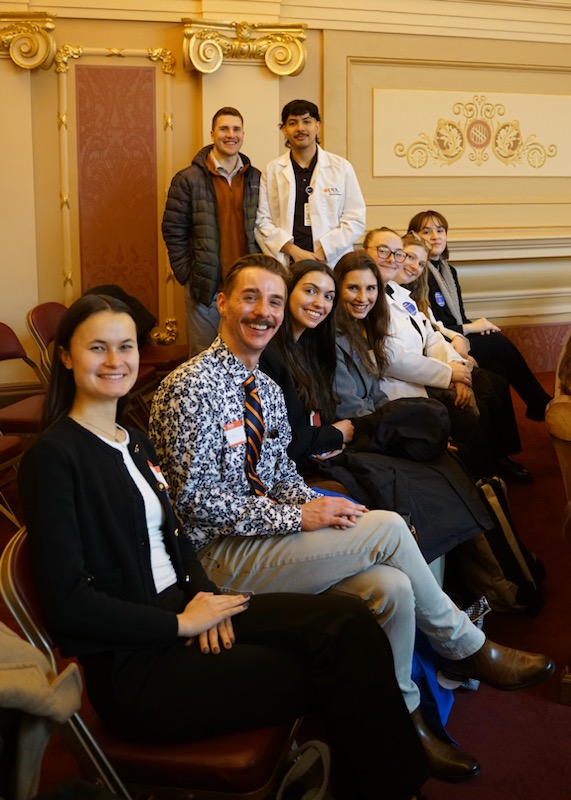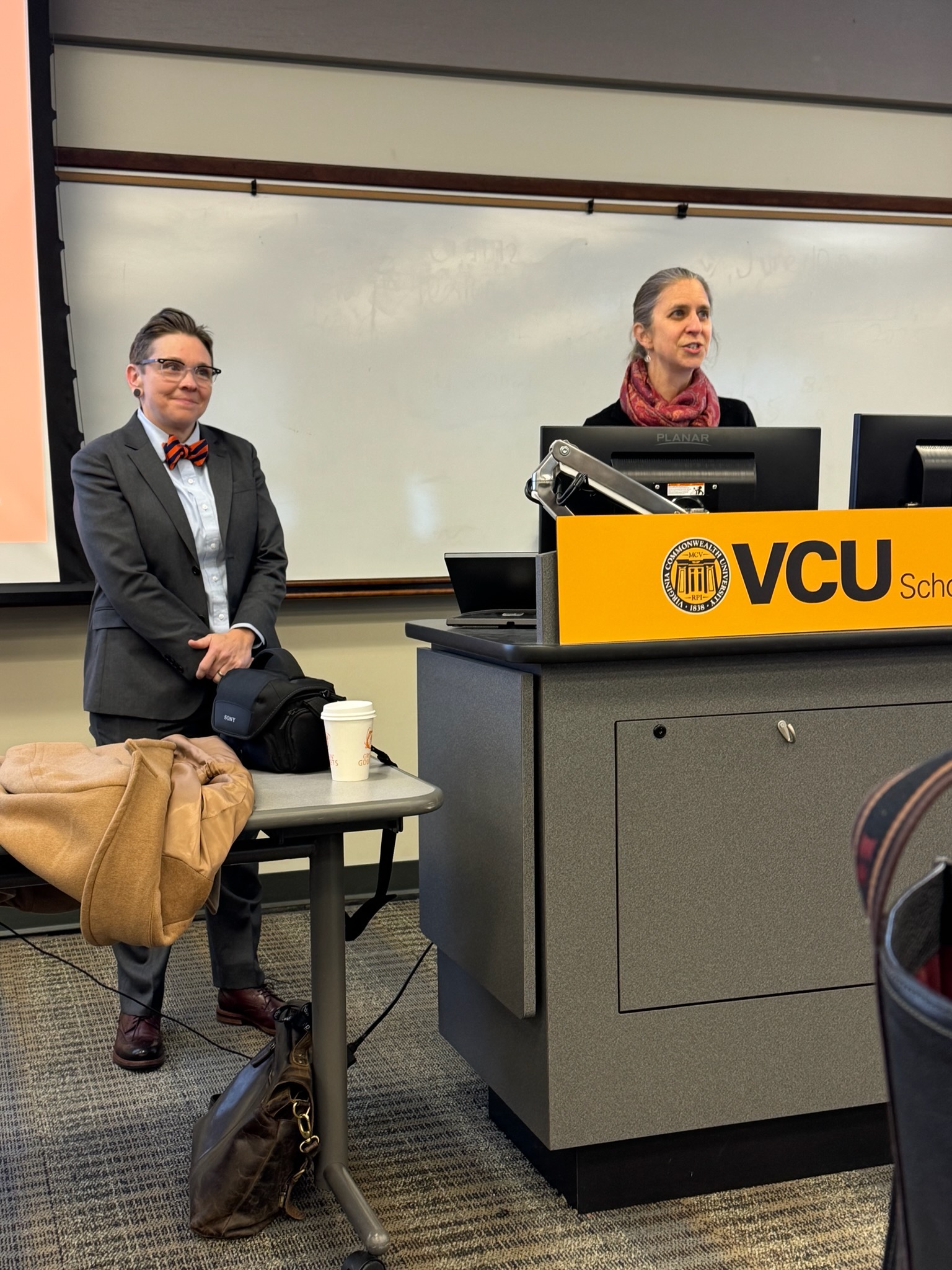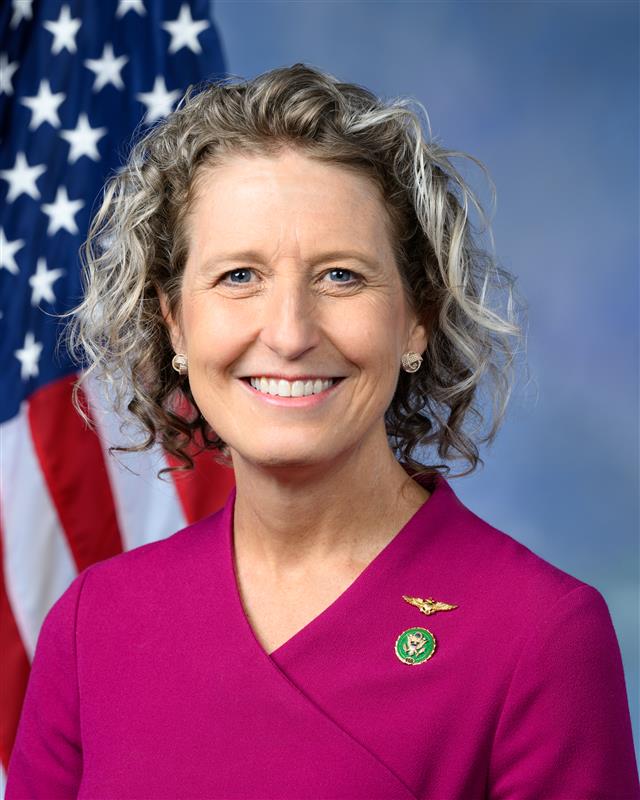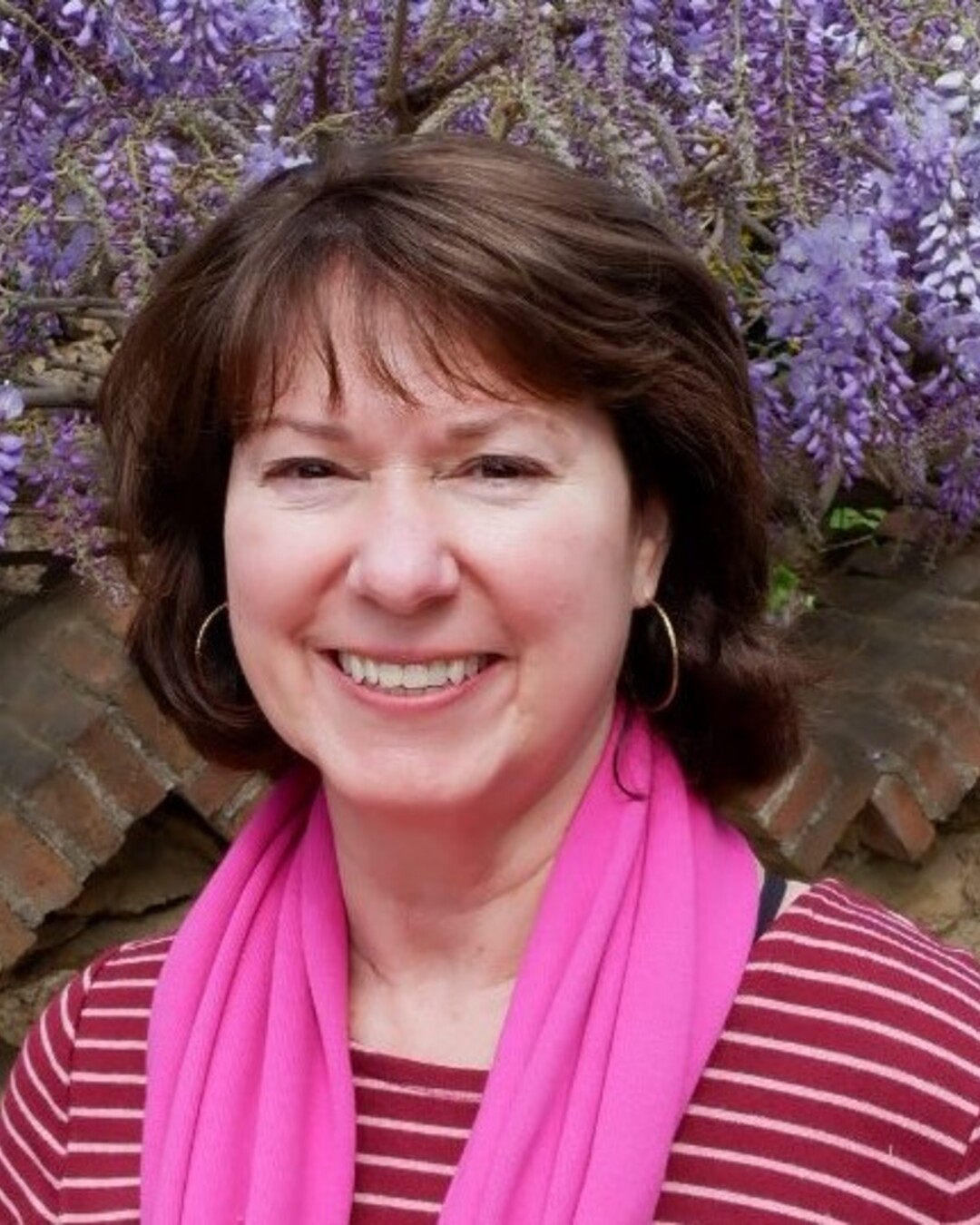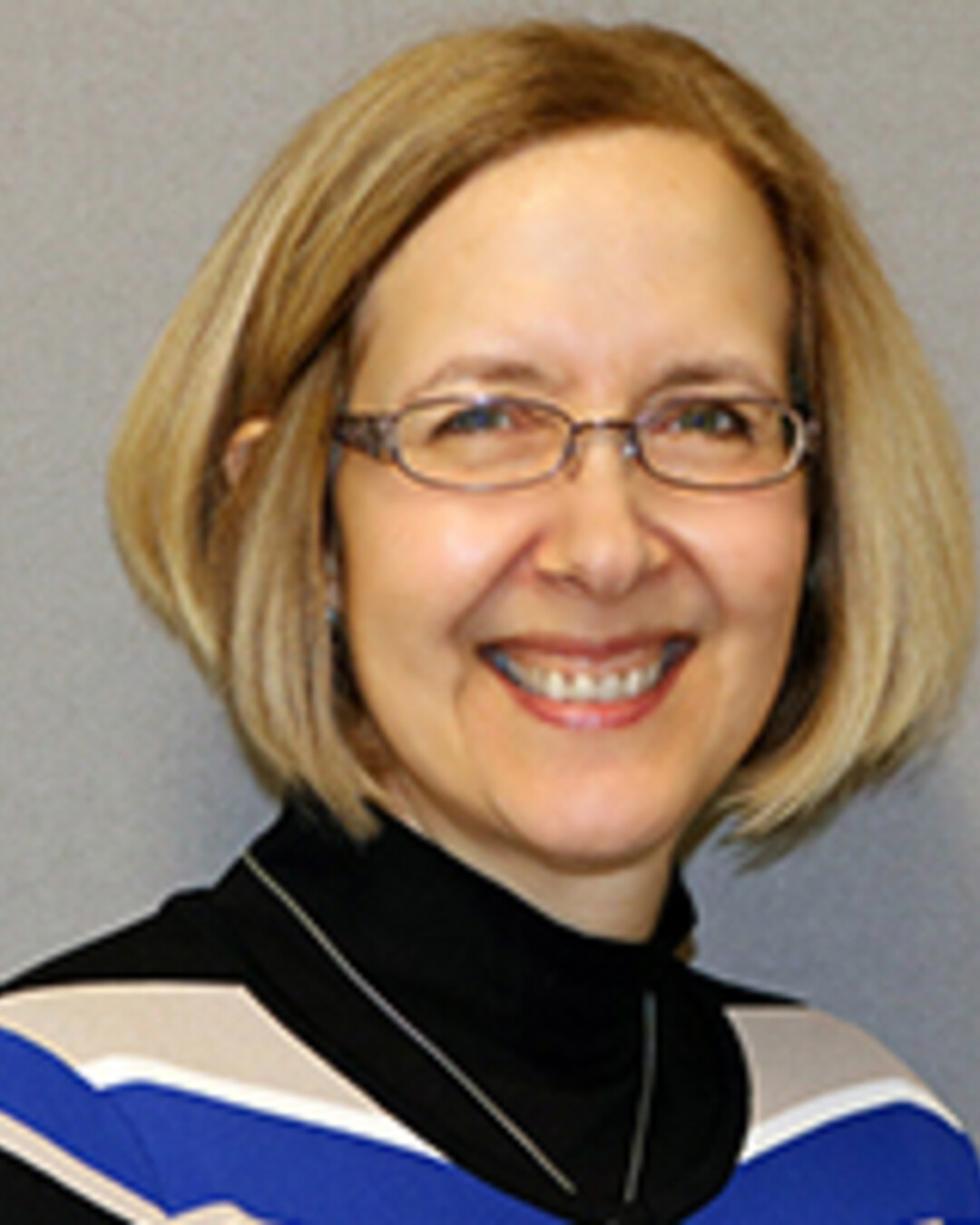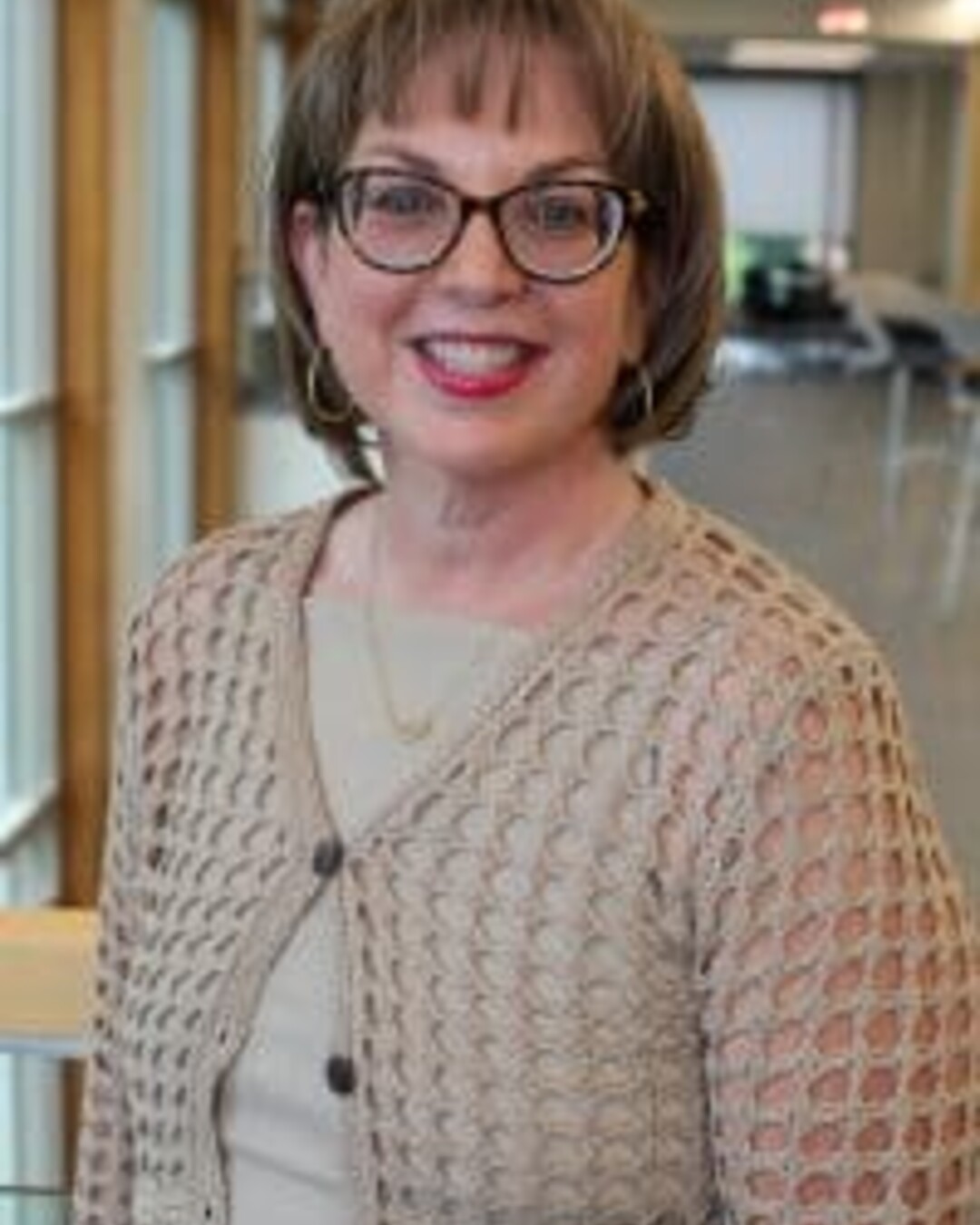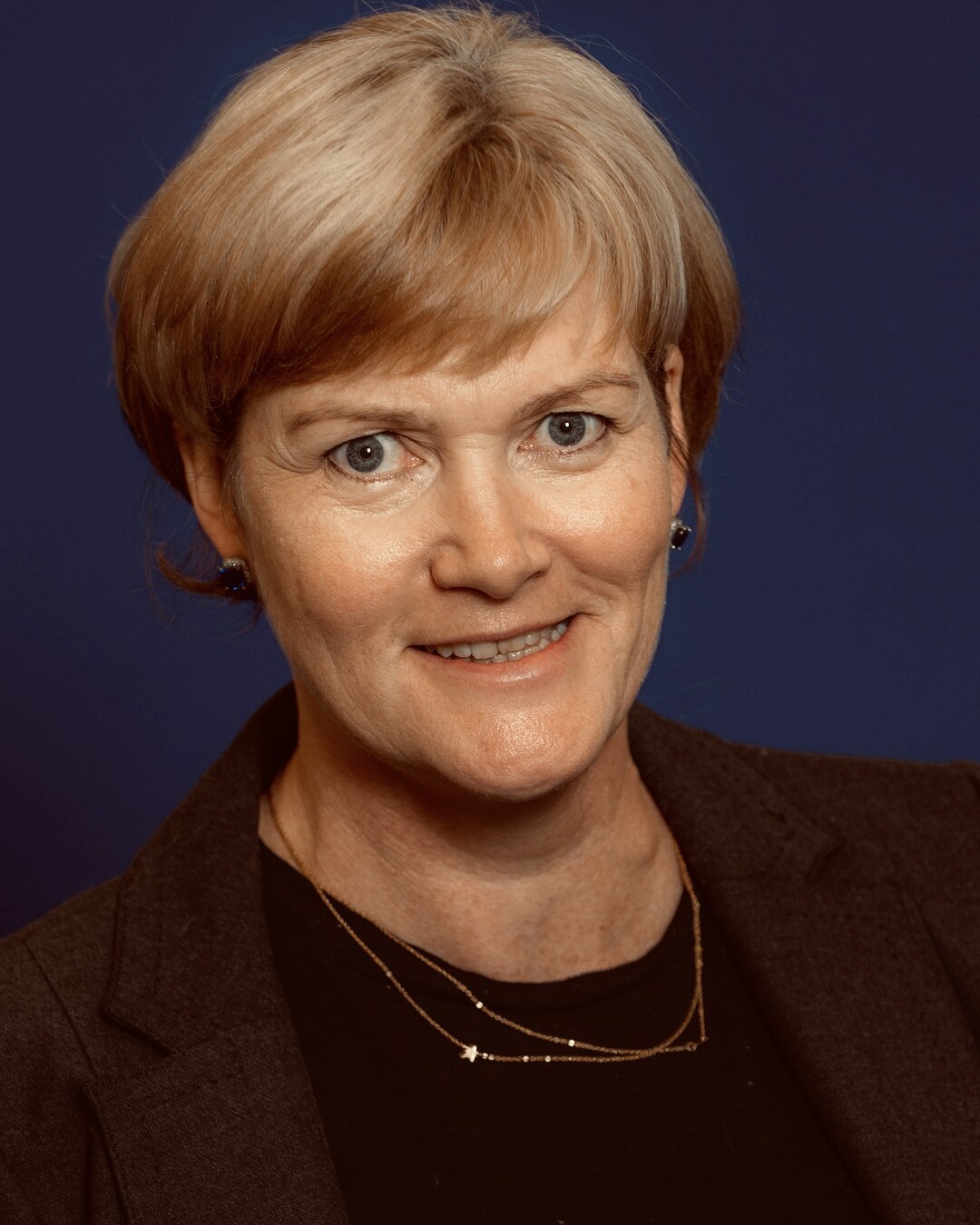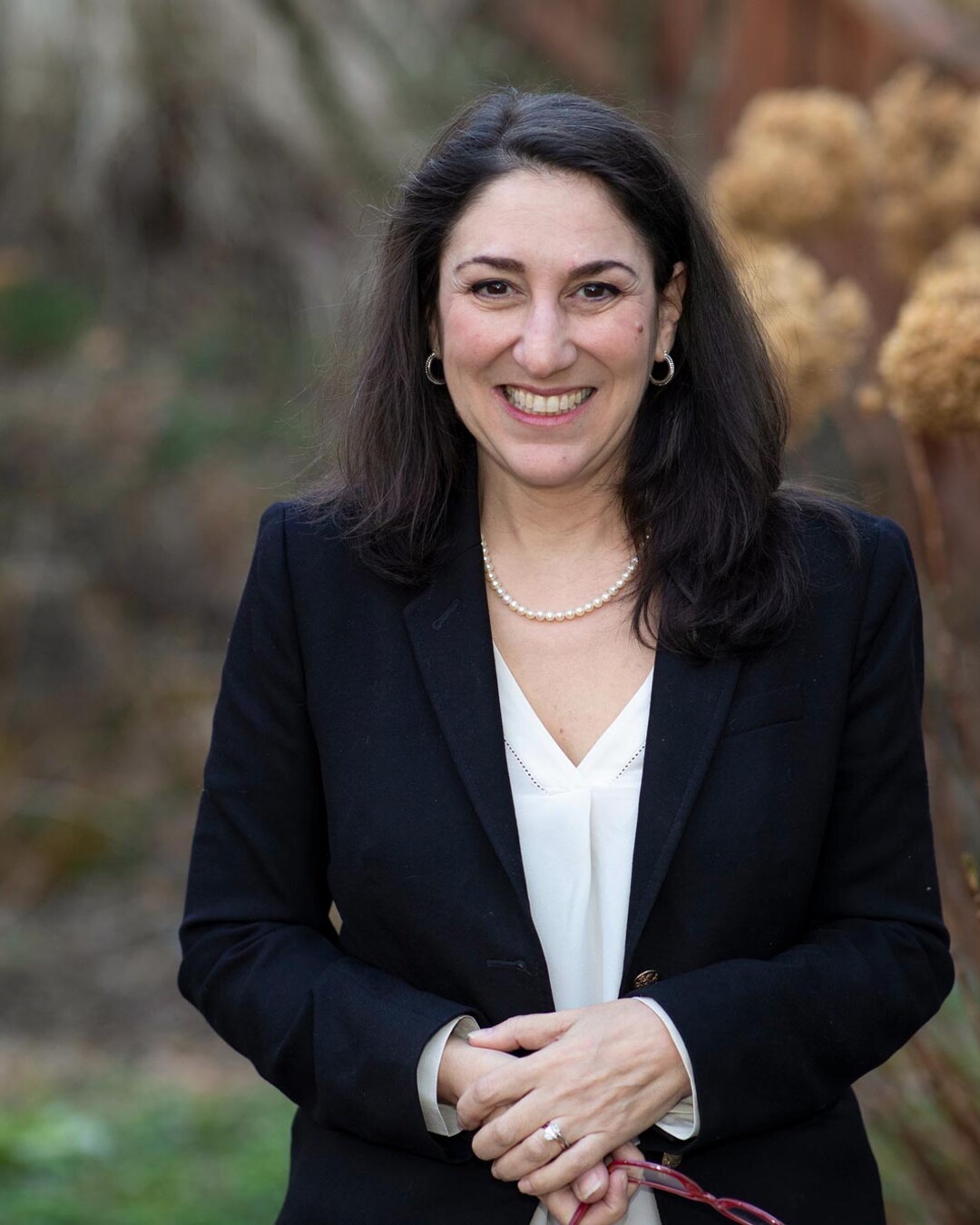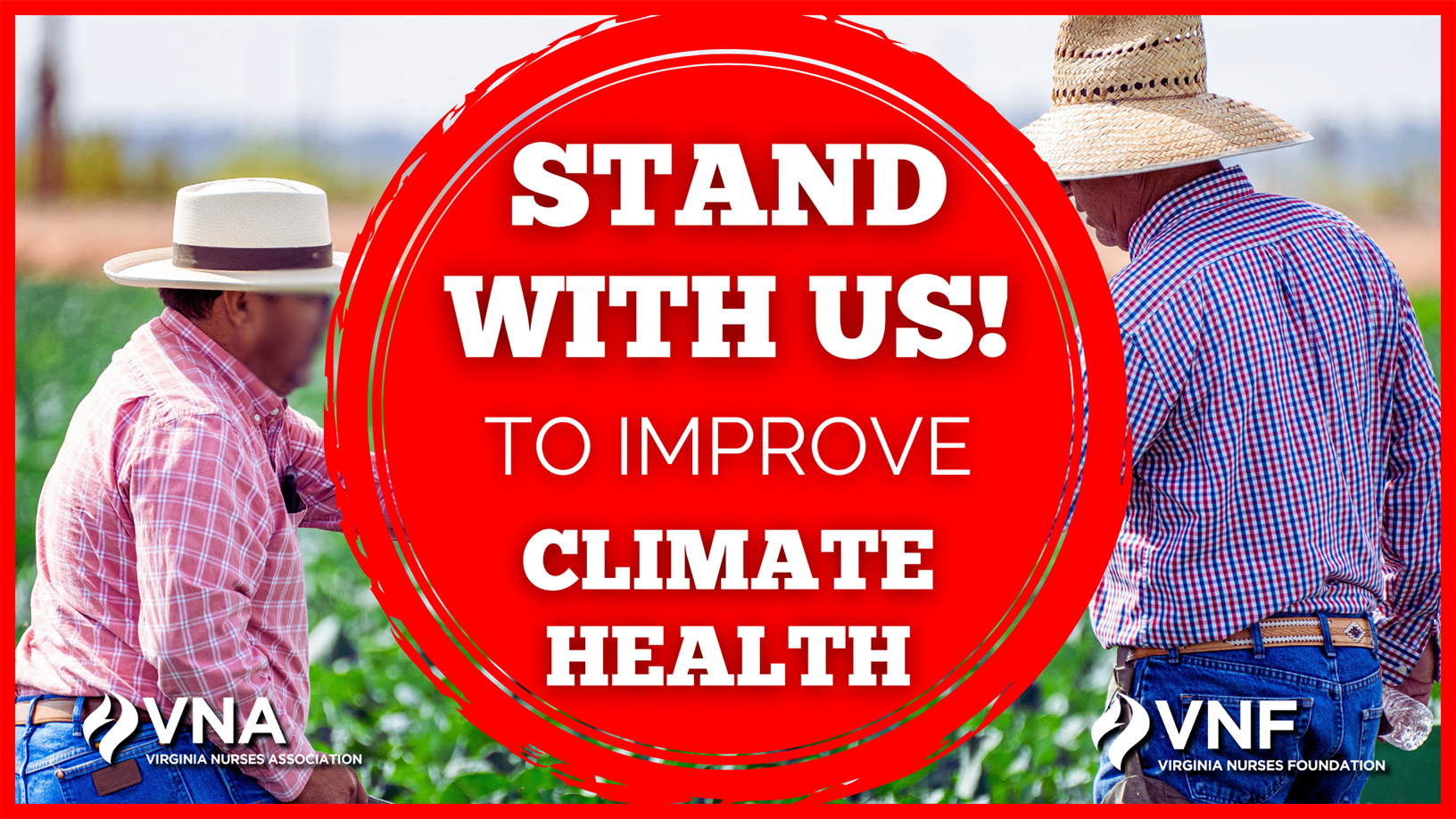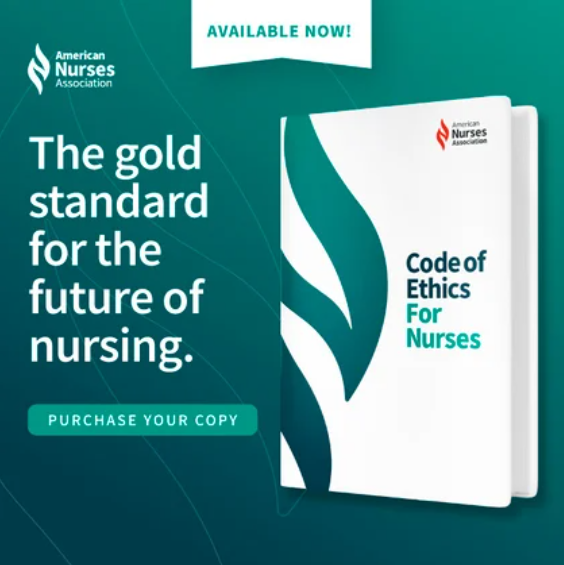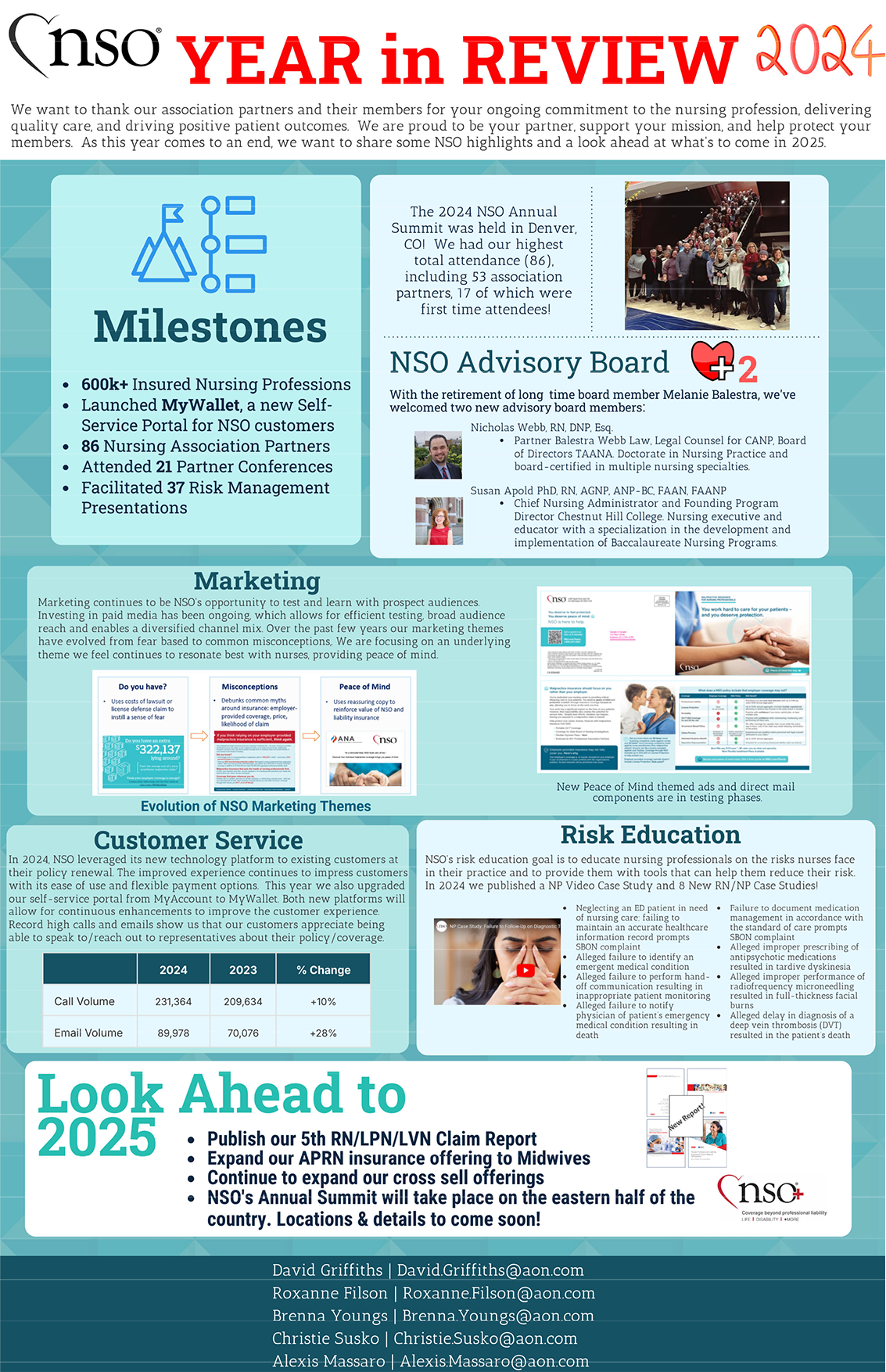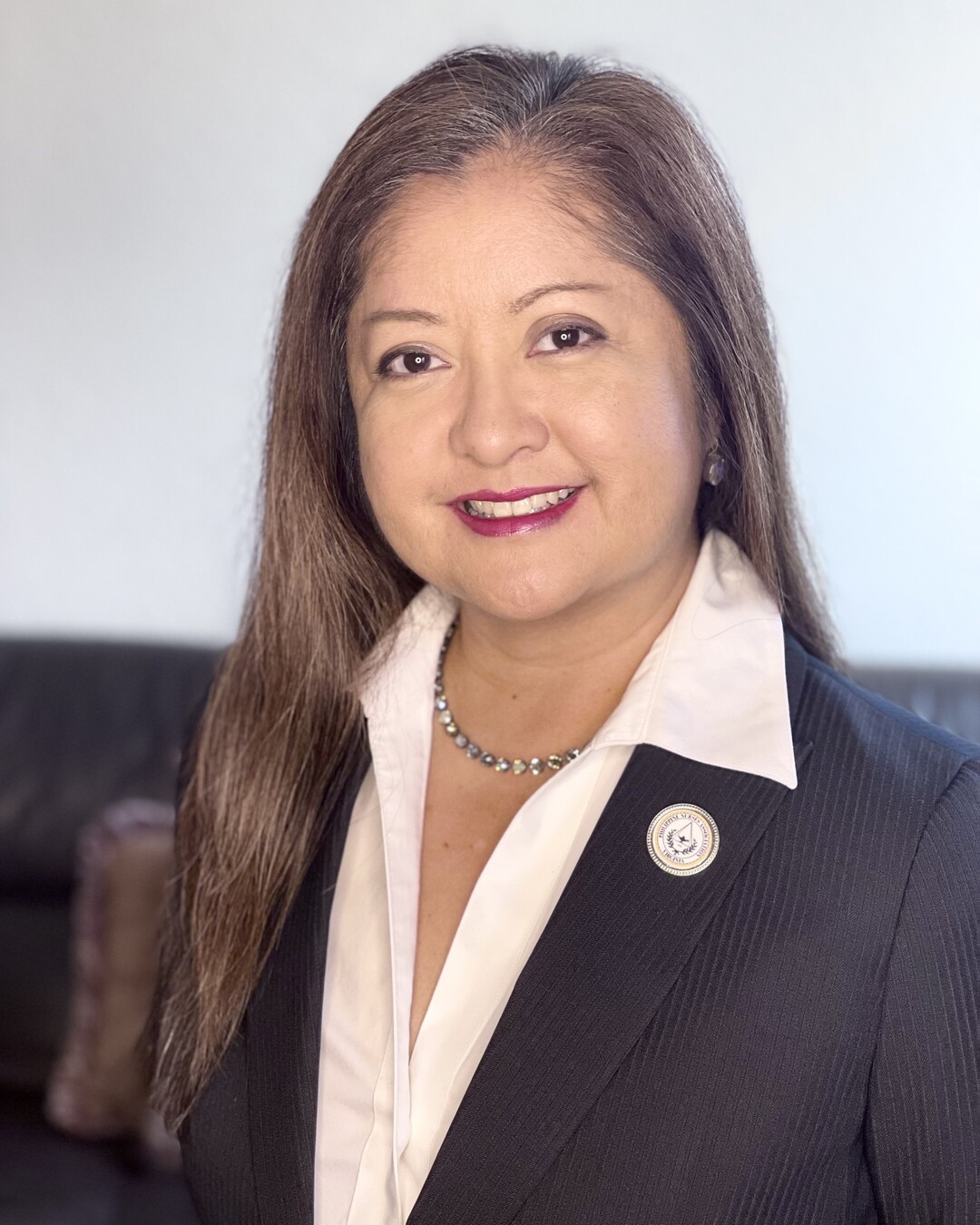On January 4, 2025, the Philippine Nurses Association of Virginia (PNAVA) celebrated its 47th anniversary and awards Gala. It was a time to celebrate our rich history, our Filipino culture, the nursing profession, and recognize the people that make our association a community of giving and inspiration.
For 47 years, the Philippine Nurses Association of Virginia has had an incredible impact on our community and the nursing profession. What once started out as an organization that focused on helping new internationally educated nurses to pass boards, a transformation led to an organization that focused on advocating for the nursing profession, highlighting the vital role that nurses play in patient care and emphasizing the impact nurses have on the broader community. I am deeply honored, humbled, and grateful to be a part of the PNAVA legacy.
During the last four years with our mantra to Connect, Create, and Collaborate, we have executed some of our best accomplishments, such as leading advocacy campaigns on health promotion and disease prevention, leading with intention to address the top health needs by promoting wellness, prevention, and awareness in a collaborative effort amongst community leaders, hospital advisors, church councils, nursing schools, and physician groups.
As I look back on the last 4 years, the PNAVA board officers, board advisors, and most importantly, the members, through their dedication of time talent and treasures, truly allowed a successful journey to carry out our mission to promote health, equity, service, advocacy, education and collaboration in the communities we serve. Through our program, Partners in Filipino and Asian American Health, we conducted 6 health fairs and participated in multiple cultural festivals annually, leading to hundreds of volunteer hours and reaching thousands of lives. With the generosity of programmatic funding from Sentara Health, AstraZeneca’s Act on Health Equity Contributions, and United Way contributions, we successfully achieved our goals. We are also deeply involved in research that focuses on cultural needs through the Filipino Research Hub to help shape positive outcomes for our Virginia Nayon. We are bridging the gaps across our sandwiched generations, and I am happy to announce that we have just received grant funding from our parent organization, the Philippine Nurses Association of America (PNAA), to support Alzheimer’s education and awareness.
The current theme of PNAA is Influence and Impact under President Marlon Saria. Those two words resonate and are an ongoing theme in nursing organizations globally! There is a special super power in nursing that is emphasized when one holds a unique position - one that holds the position of directly impacting a patient’s well-being, or one that is a primary point of connection that provides emotional support, or one that speaks up for someone's needs to ensure optimal outcomes. Or that superpower to advocate in the communities on preventative care, and address health disparities. Or that superpower that holds a depth of nursing knowledge, skills, and critical thinking abilities required to navigate diverse situations and provide quality care. Or one that recognizes and advocates for the challenges in nursing and acknowledges the demanding nature of nursing, including long hours, emotional stress, incivility, racism, and complex medical situations, while emphasizing the resilience, grit, and dedication of a nurse. A nurse's influence can be so impactful in the right place and in the right moment.
Let’s take a moment to reflect on the rich history of PNAVA. Since its inception in 1978, PNAVA has grown from its formative years to a beacon of excellence and service. PNAVA’s story is one of resilience and innovation. Our mission is to promote health, equity, service, advocacy, education, and collaboration in the communities that we serve.
Let’s begin with 1978 to 1986, the formative years. During this time, PNAVA was founded by visionary leaders Cely Marcial, Mary Ann Ramos, and Rose Daria. They built the foundation for our organization with a focus on increasing membership and offering professional review classes. Their dedication created a collaborative relationship with PNAA, setting the stage for our growth.
From 1987 to 1992, the focus shifted to continuing education and financial stability. This era solidified PNAVA’s commitment to excellence by ensuring nurses had the skills and resources to succeed in their careers. These efforts strengthened our mission and positioned PNAVA as a vital resource for Filipino nurses in Virginia.
Moving on to 1993 to 2002, this was a period of tremendous growth. The organization expanded its reach, changing its name to the Philippine Nurses Association of Hampton Roads to include more members. This era also saw groundbreaking achievements, such as one of our presidents being appointed to the Virginia Board of Nursing and Board of Health Professions, a position they held for 8 years as well as leading the Board as the President for one term.
From 2003 to 2012, PNAVA focused on leadership development and community engagement. The organization championed scholarships for aspiring nurses and hosted health fairs that directly benefited underserved populations. The annual Nurse Excellence Awards became a hallmark event, recognizing members who exemplified professional excellence and community service. We obtained 501c3 status, moved to our current name PNAVA. During this time, another one of our past presidents was also commissioned to the Virginia Board of Nursing, further amplifying PNAVA’s influence in advancing healthcare policy and practice.
Then came 2013 to 2019, a time of innovation and momentum. This era saw the emergence of young leaders and the reactivation of the Circle of Presidents, which became a key force in mentoring and strengthening PNAVA's leadership. In 2013, a past president was appointed to the Board of Nursing, and in 2018, the organization celebrated the election of its first male president. The “Culture to Care” program in 2019 was the first of its kind, highlighting the history and challenges faced by Filipino nurses in Virginia. It displayed a profound sense of pride and collective support for Filipino nurses, showcasing their contributions and resilience. A significant advocacy win during this time was the amendment of the foreign nurse graduate designation to registered nurse applicant (RNA), reflecting PNAVA’s dedication to uplifting its members.
And now, from 2020 to the present, PNAVA continues to thrive under transformational leadership. During the COVID-19 pandemic, our bayanihan spirit was on full display with vaccination clinics, health fairs, and virtual education programs. We’ve expanded our community outreach through grant-funded initiatives and partnerships with organizations like AstraZeneca, the United Way and Sentara.
Each chapter in our history reflects the dedication and passion of our members. To all our past presidents who laid the foundation for our success, we thank you. Your efforts continue to inspire the next generation of leaders.
As we transition leadership, the outgoing president passes on the gavel to our incoming president, Rose Williams, whose journey begins. Like the Northern Lights guide our path, Rose is illuminating our way to more impact. Her leadership will inspire us all to continue building a legacy of excellence! INSPIRE-INFLUENCE-IMPACT! Mabuhay PNAVA!


